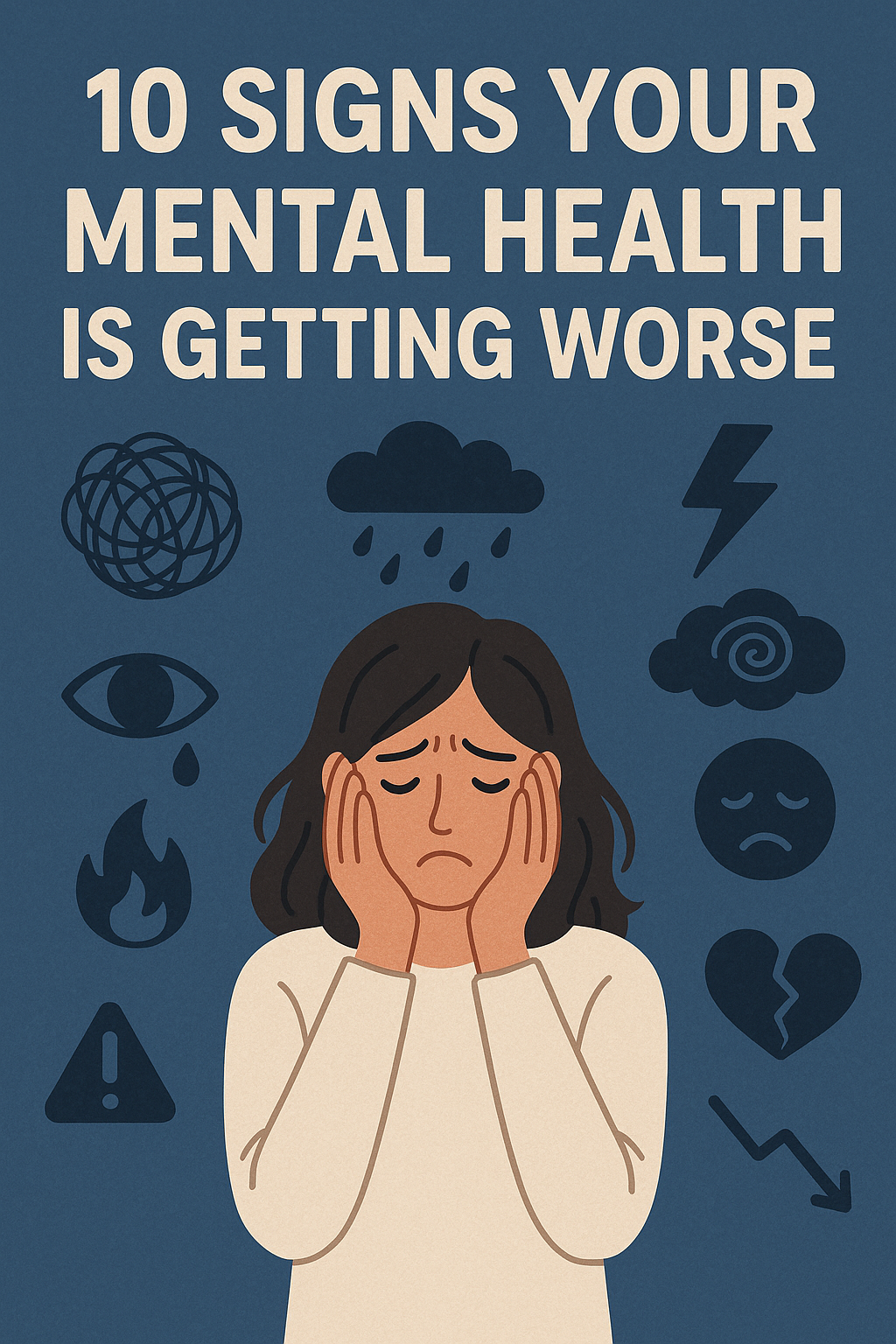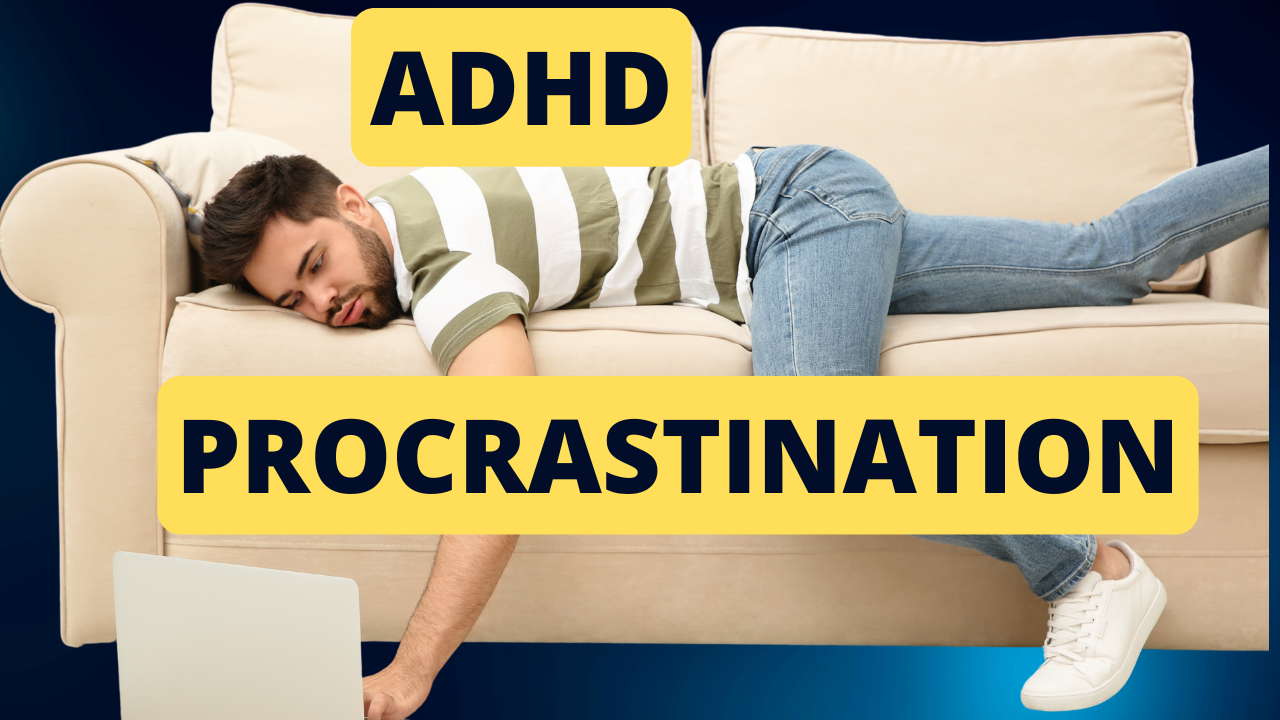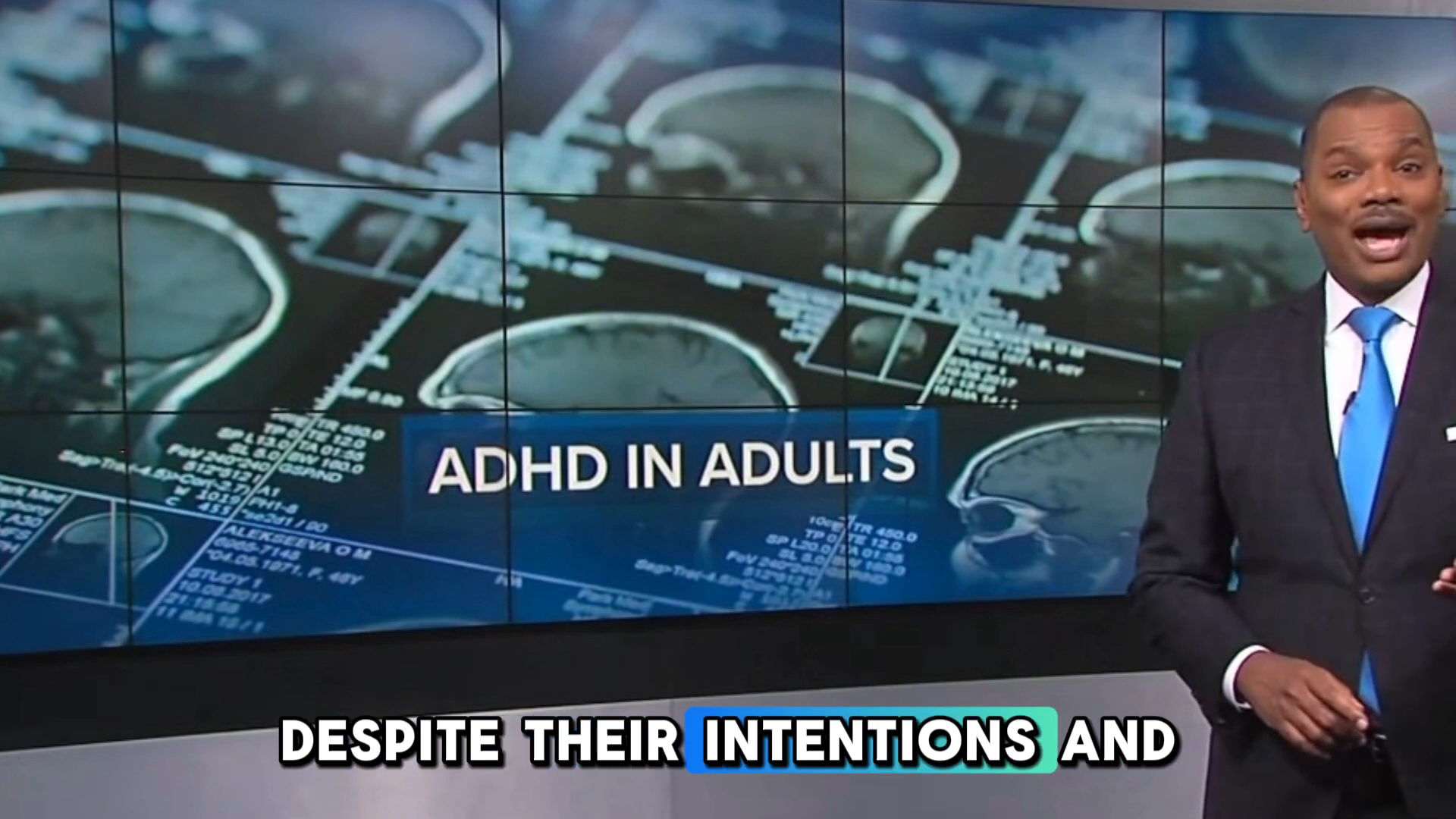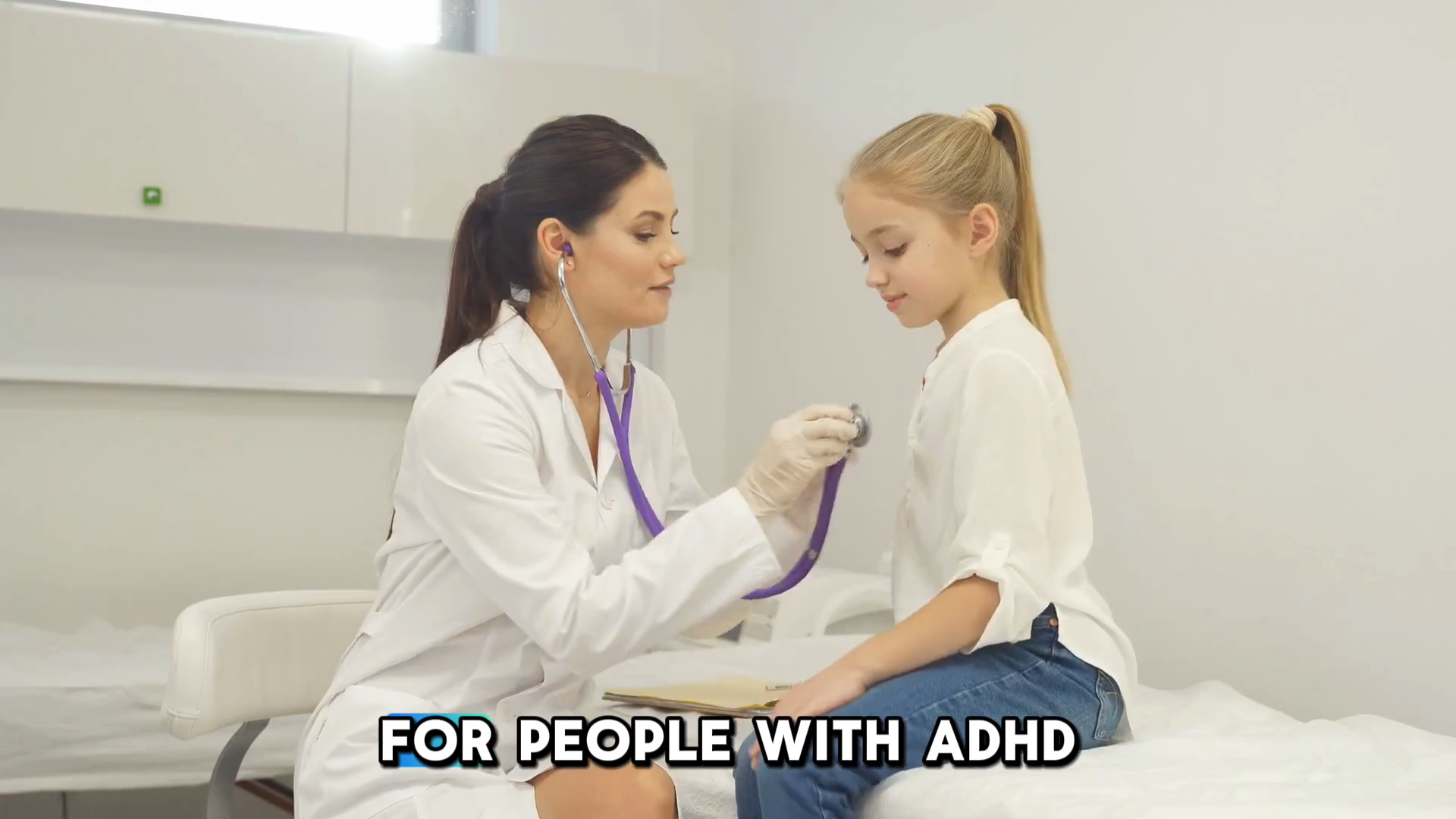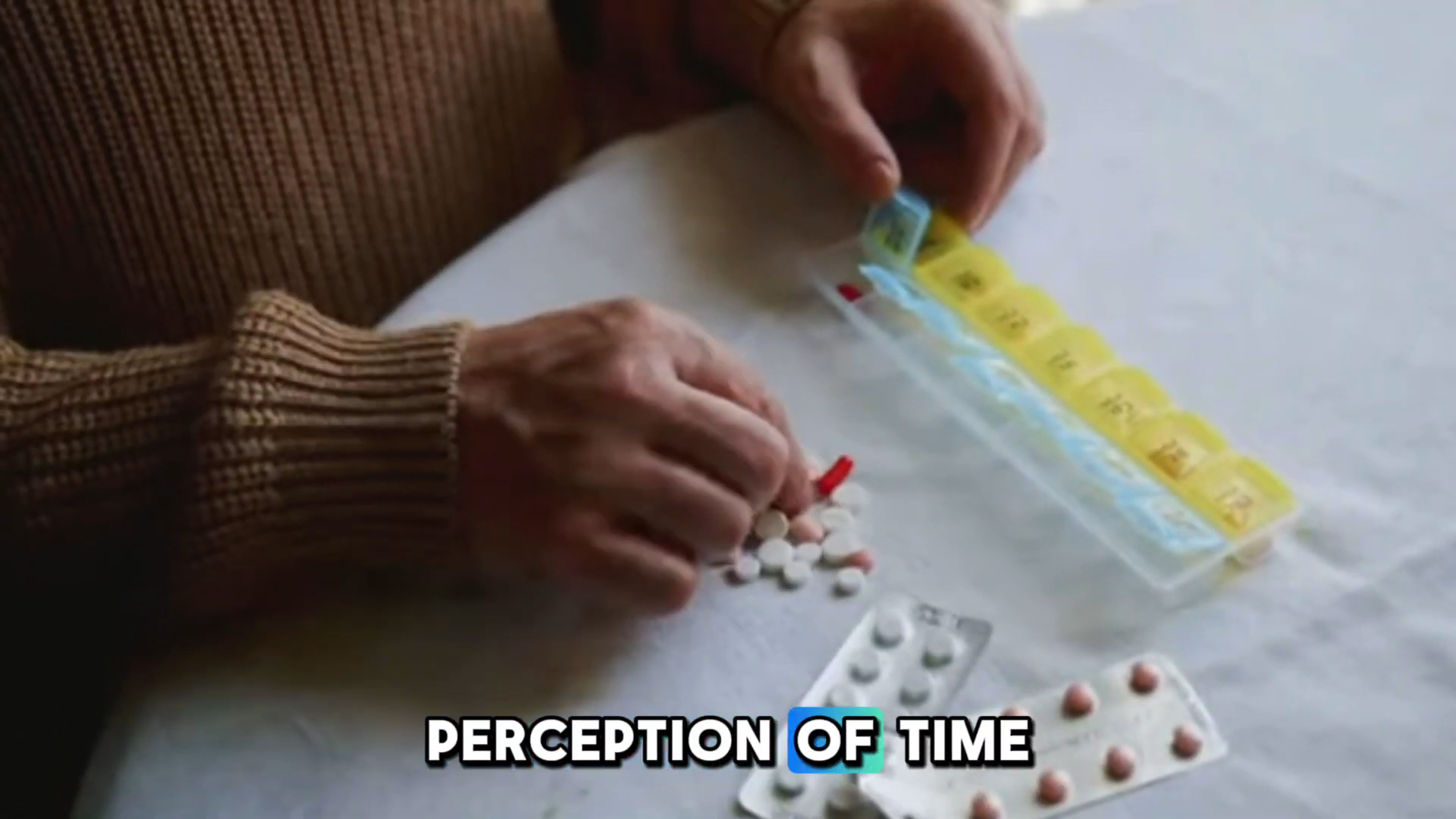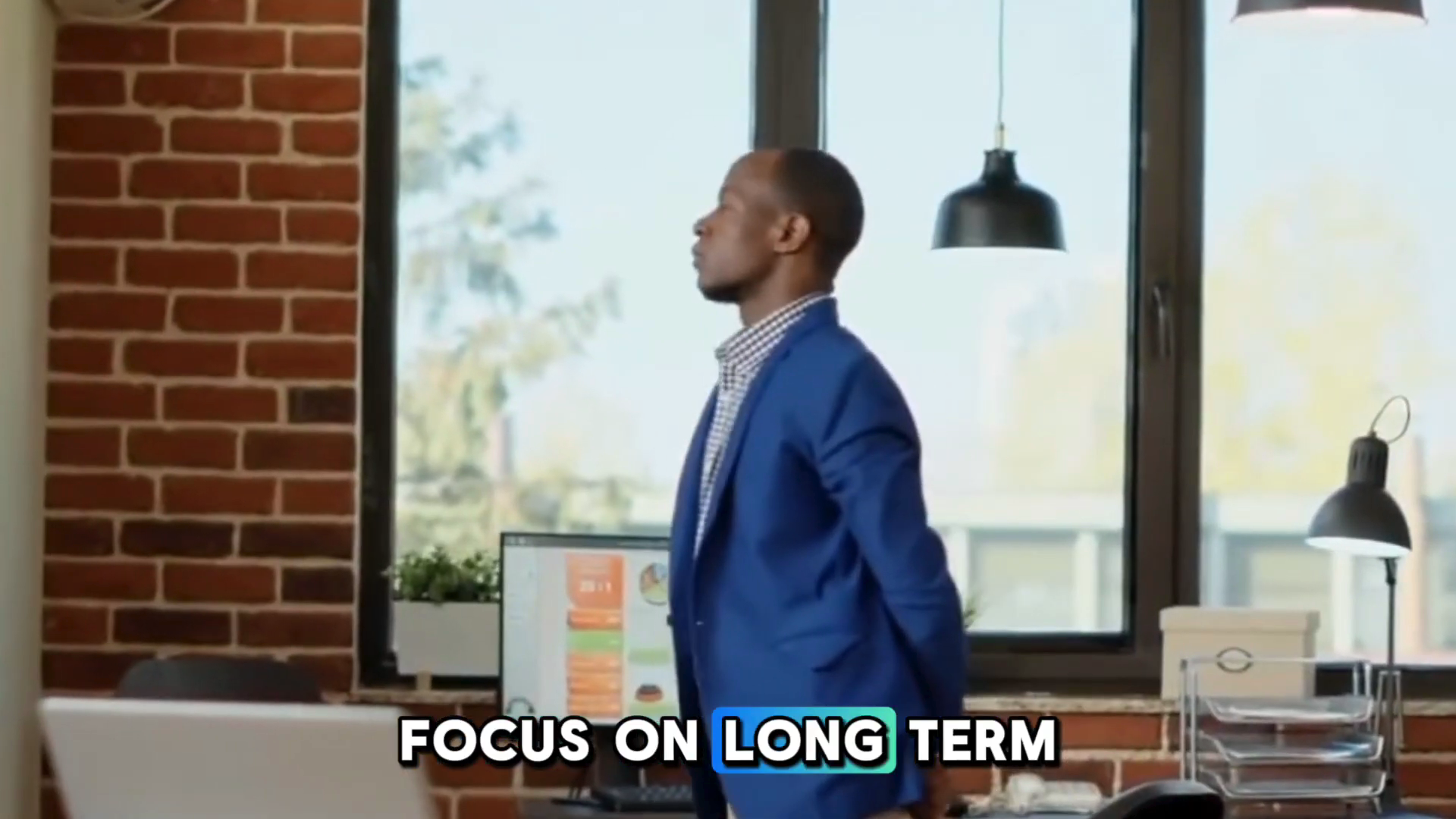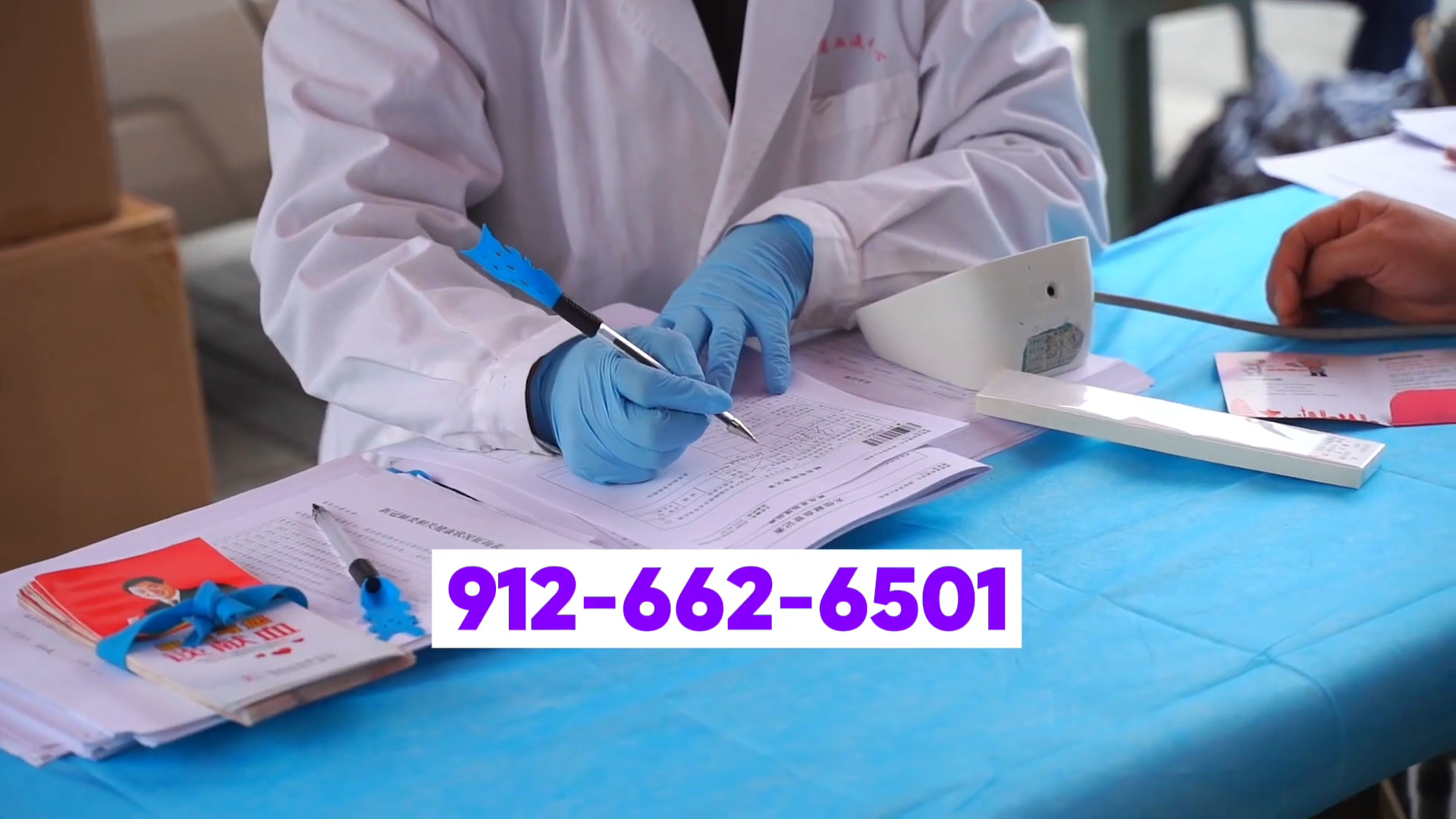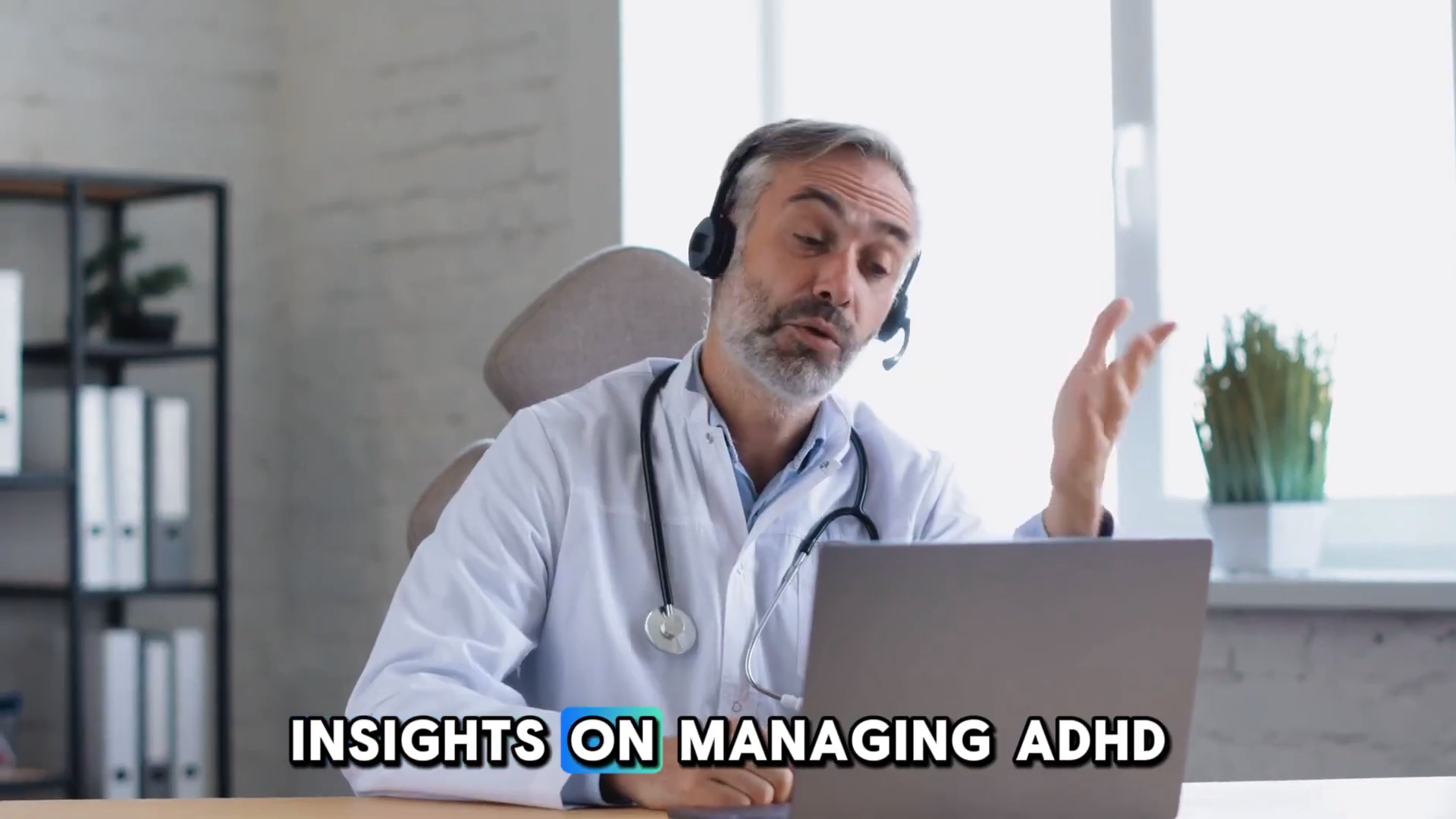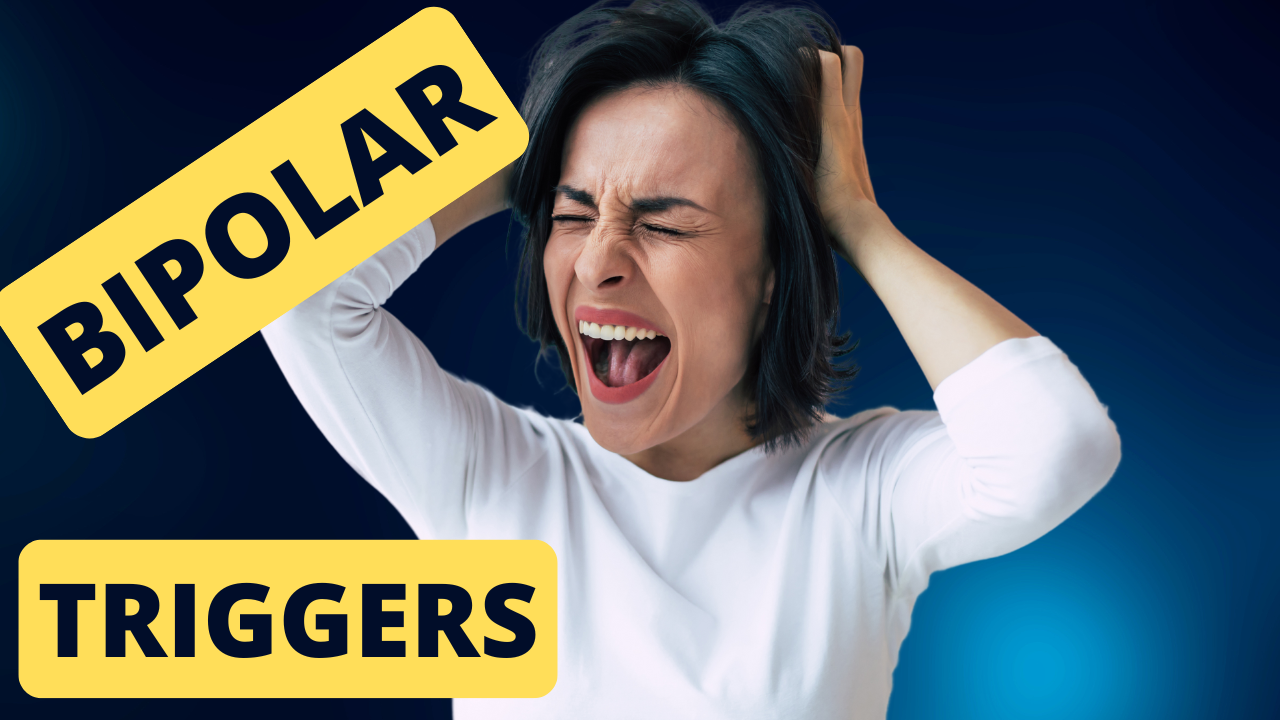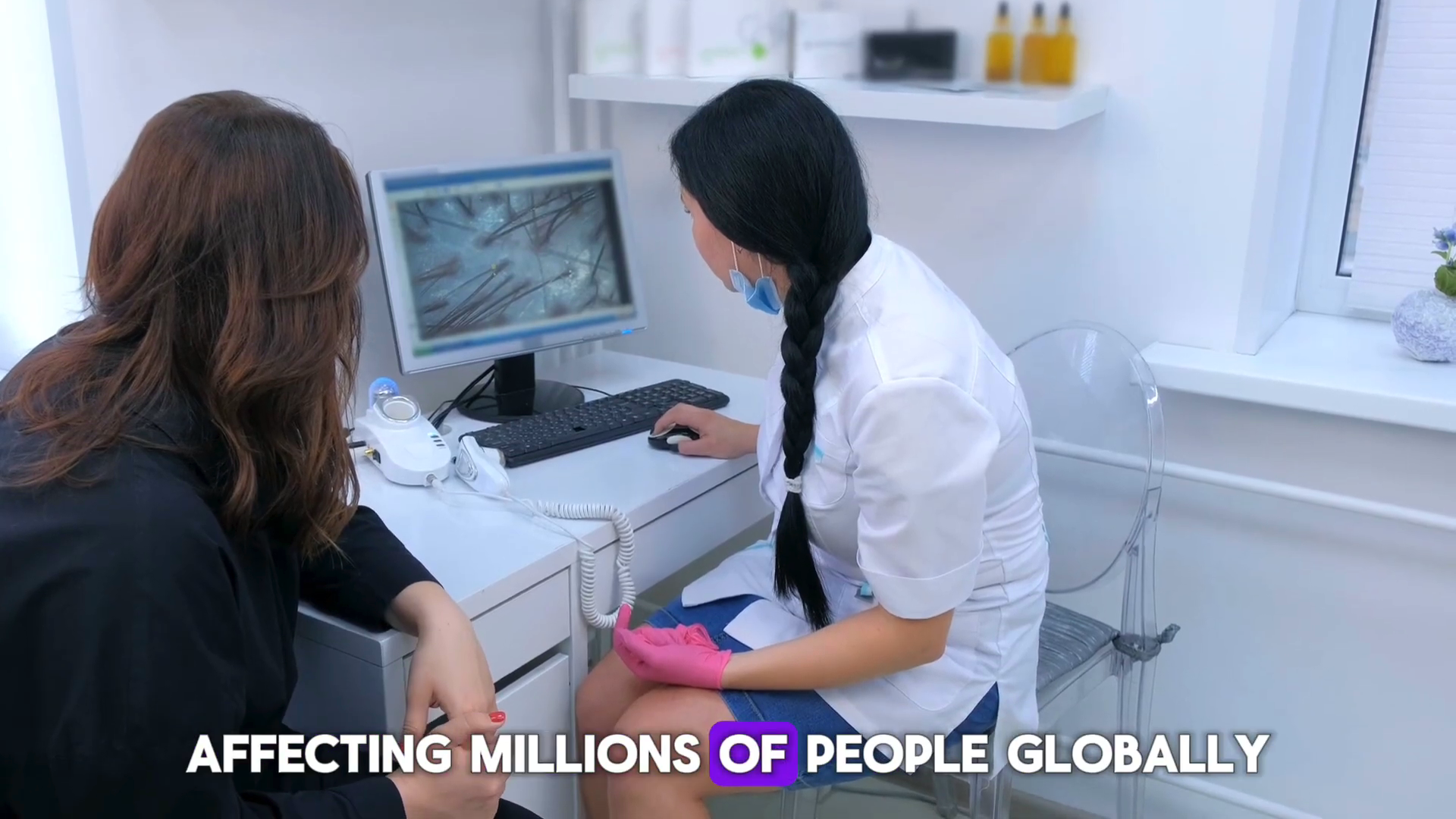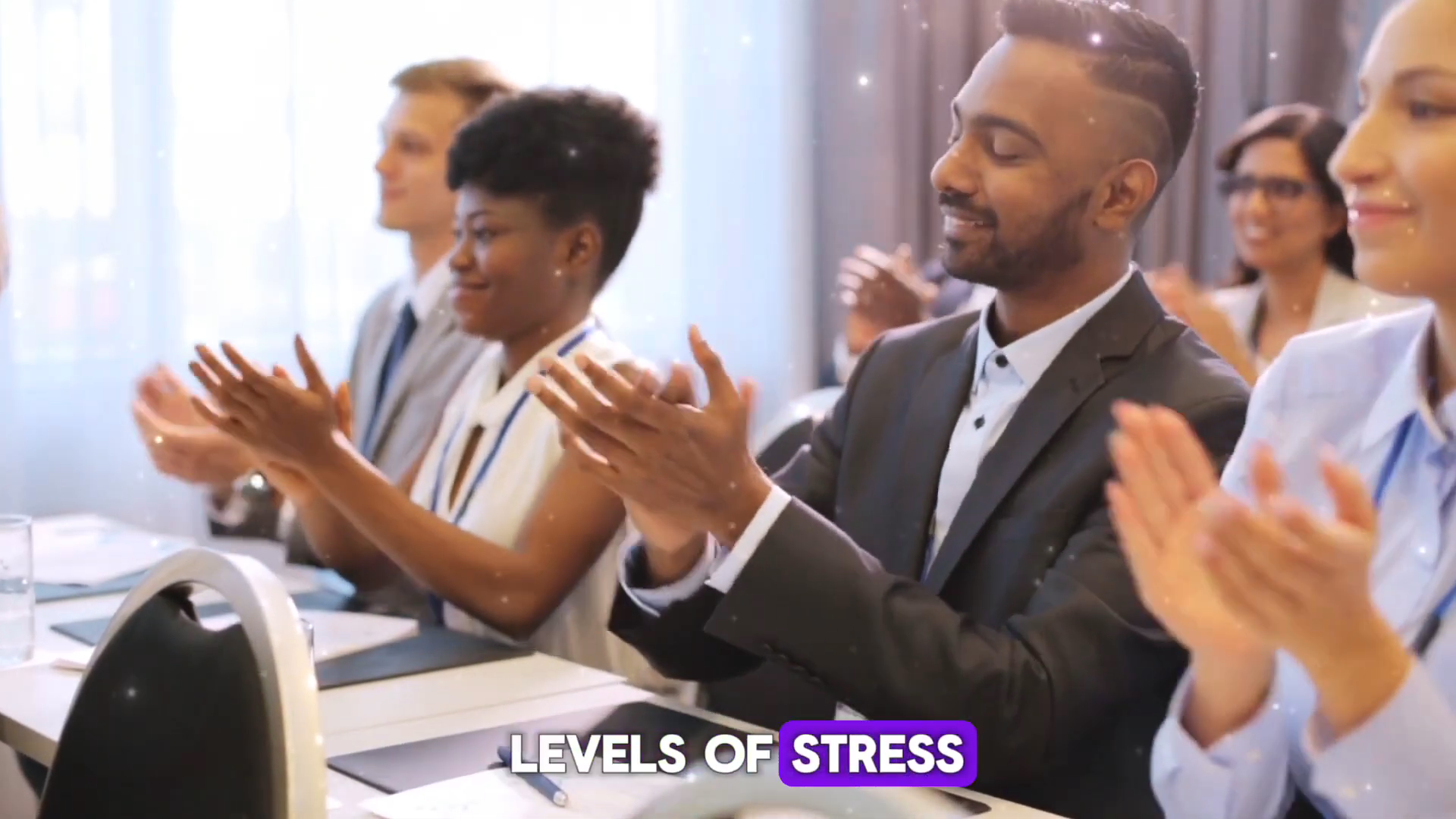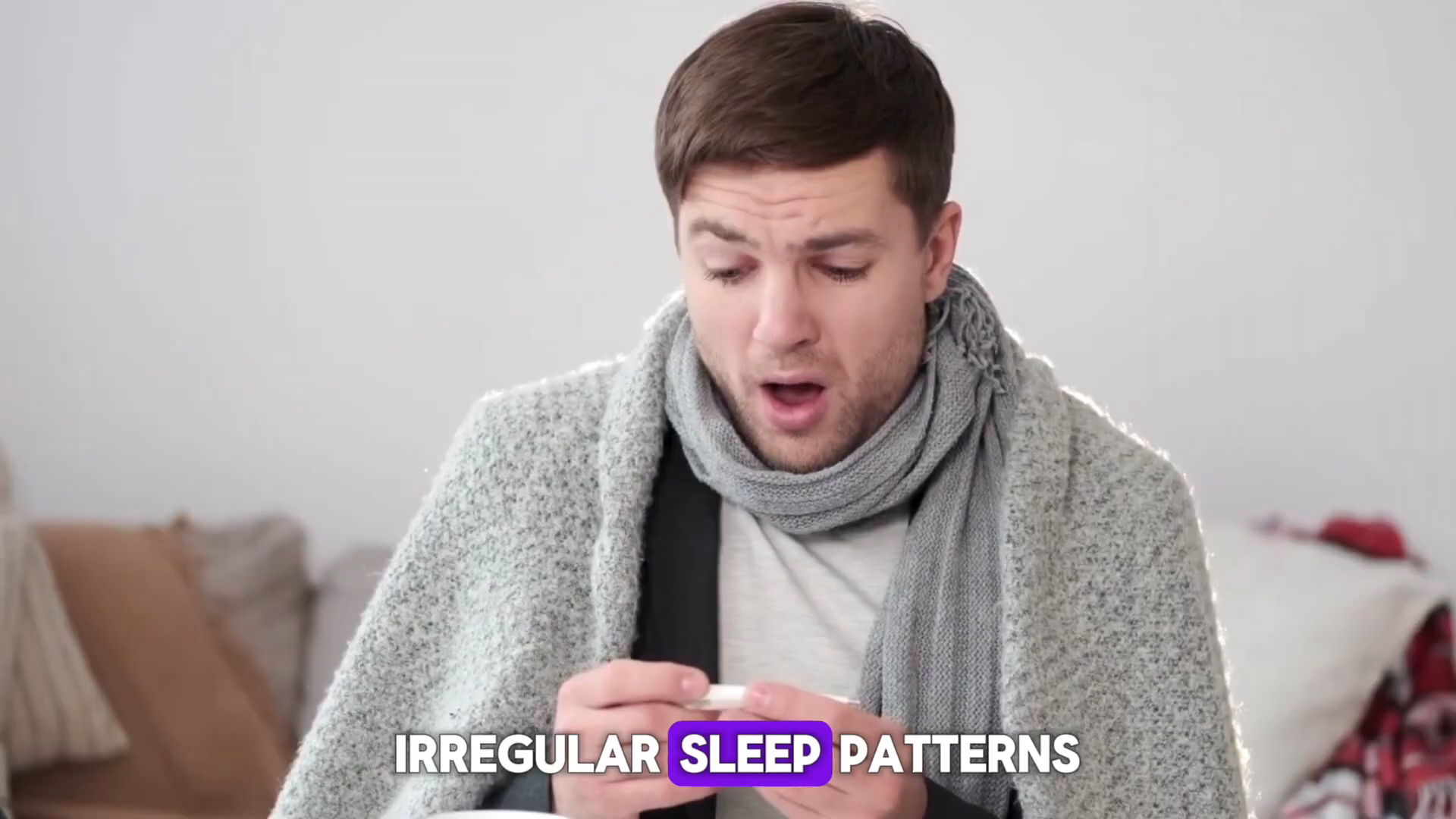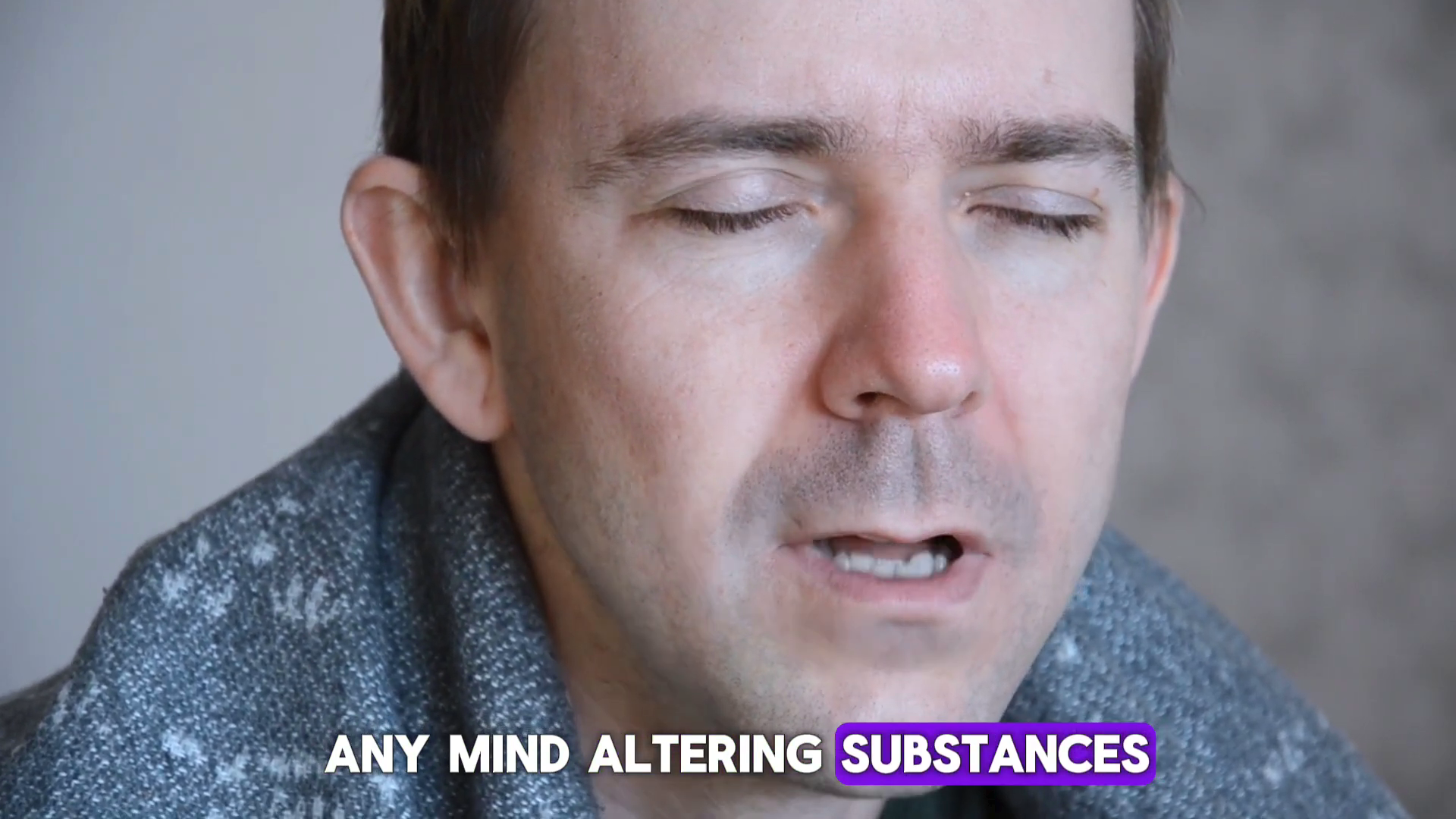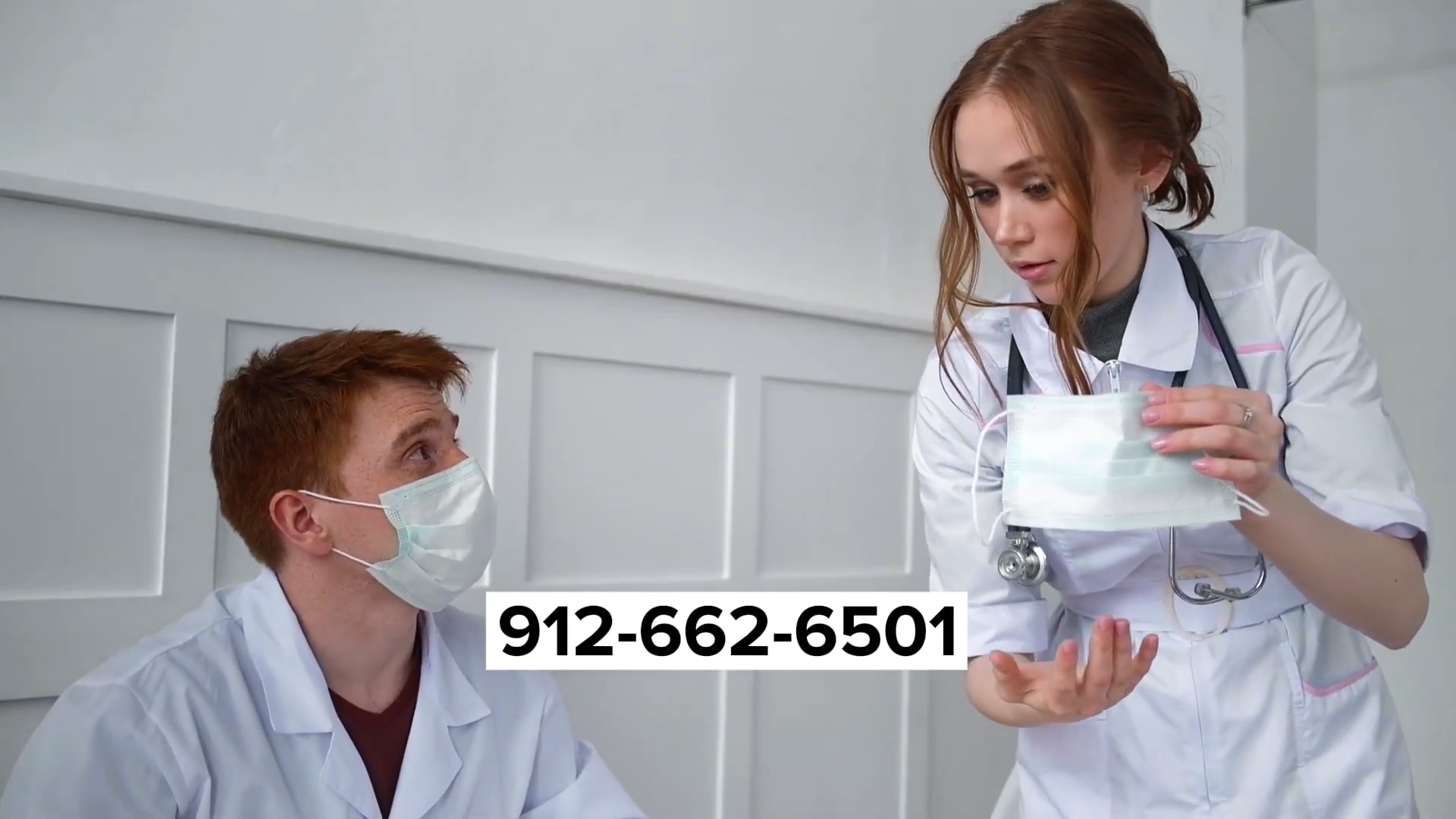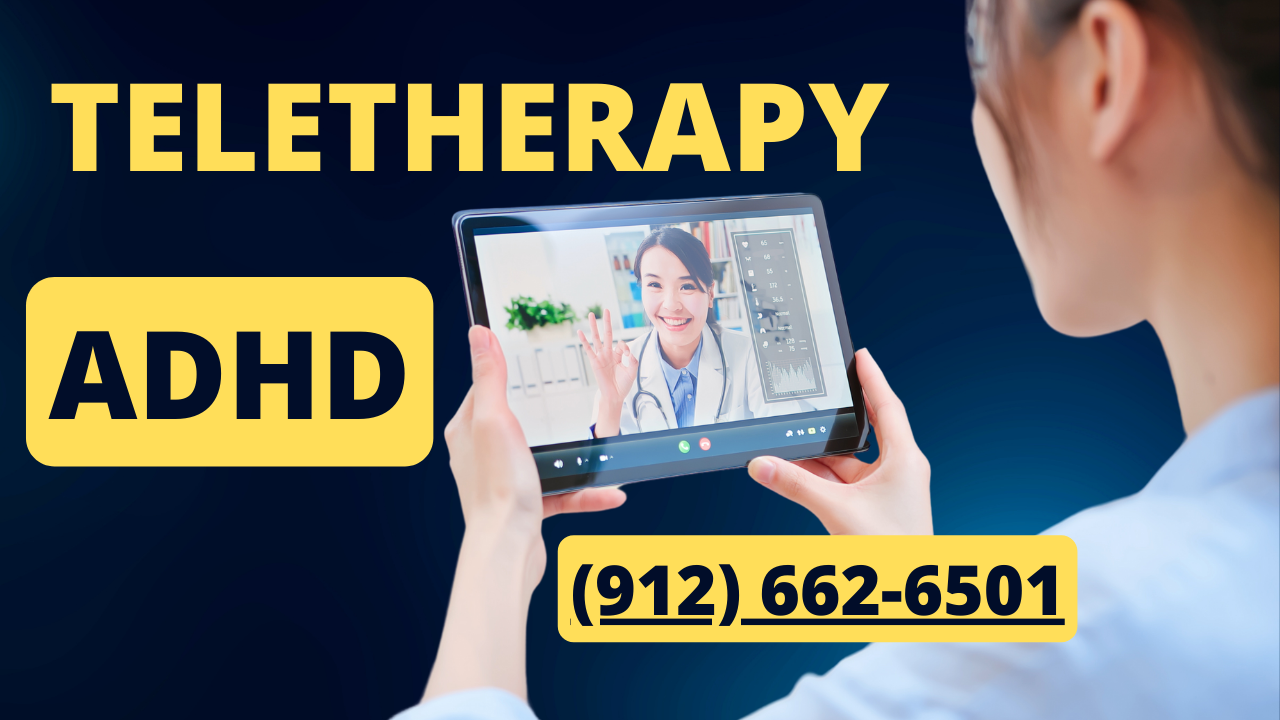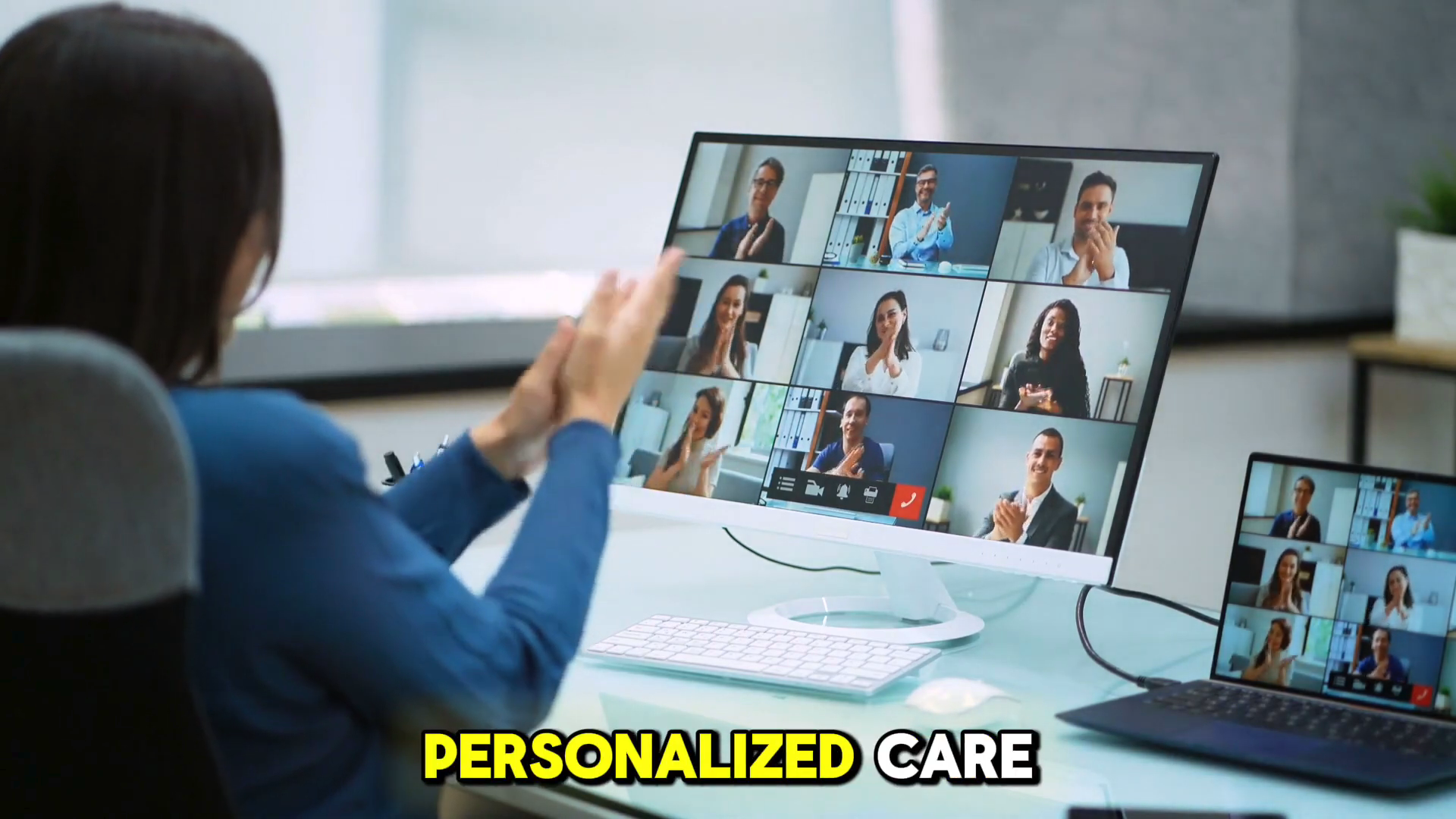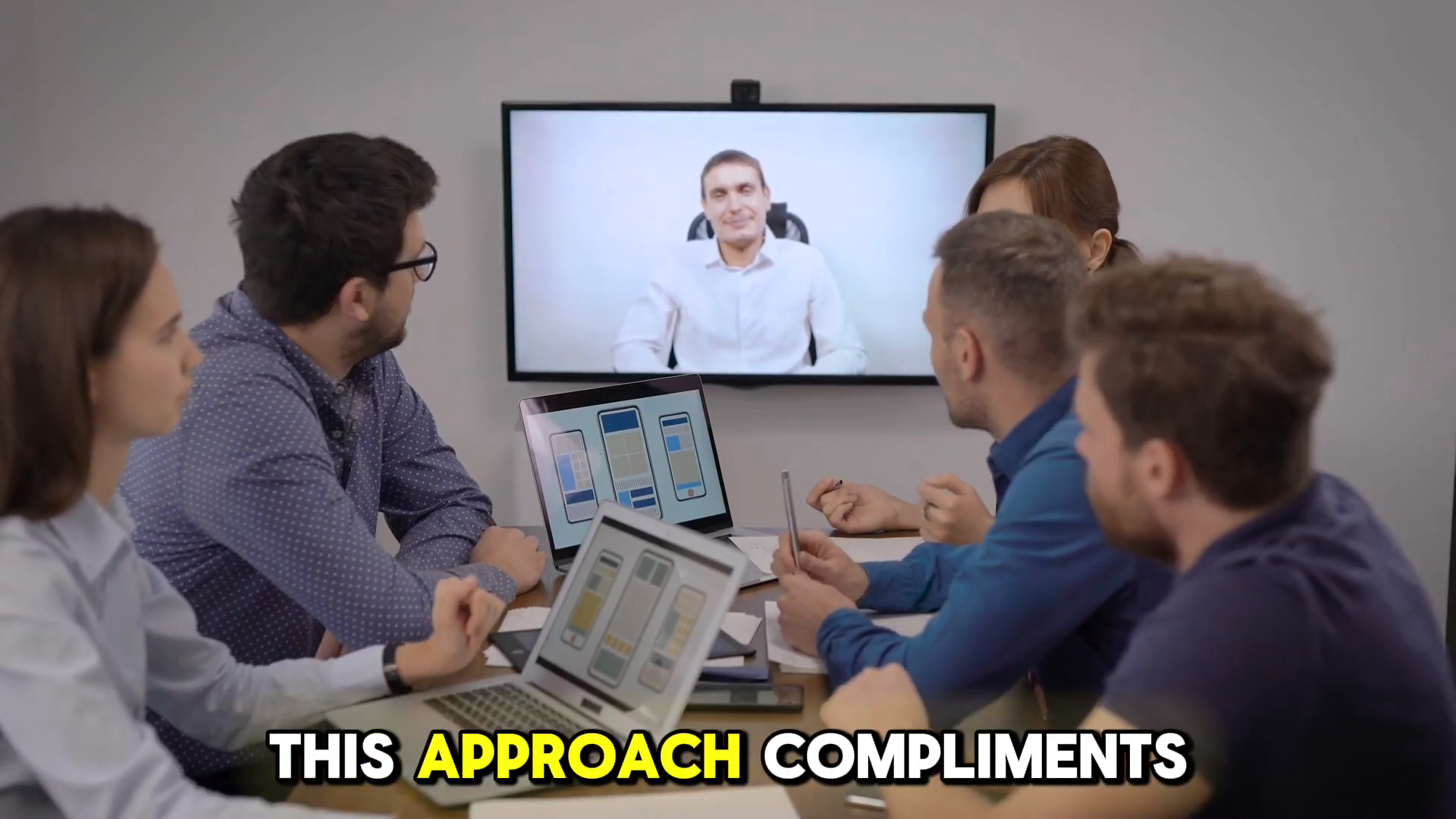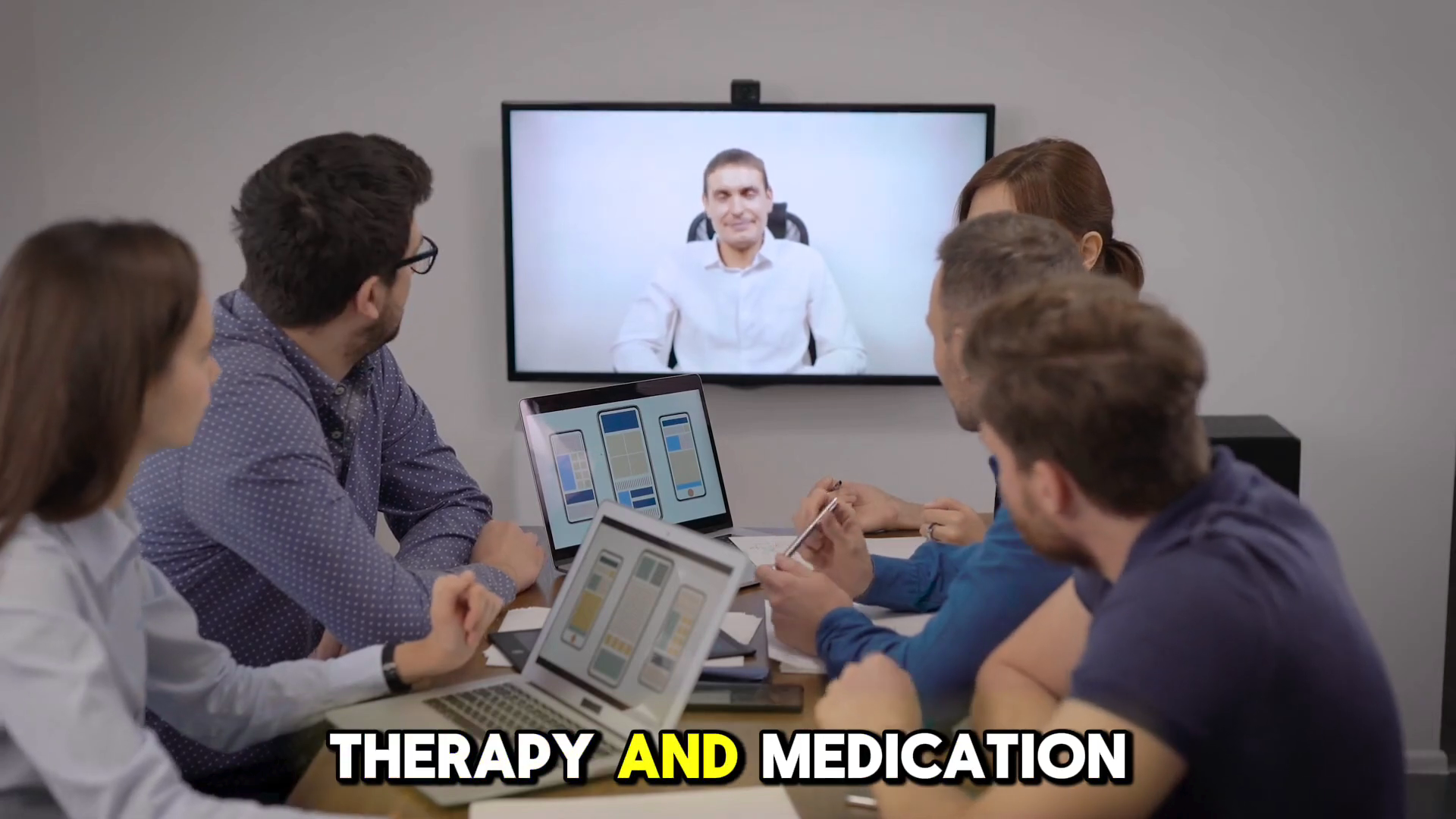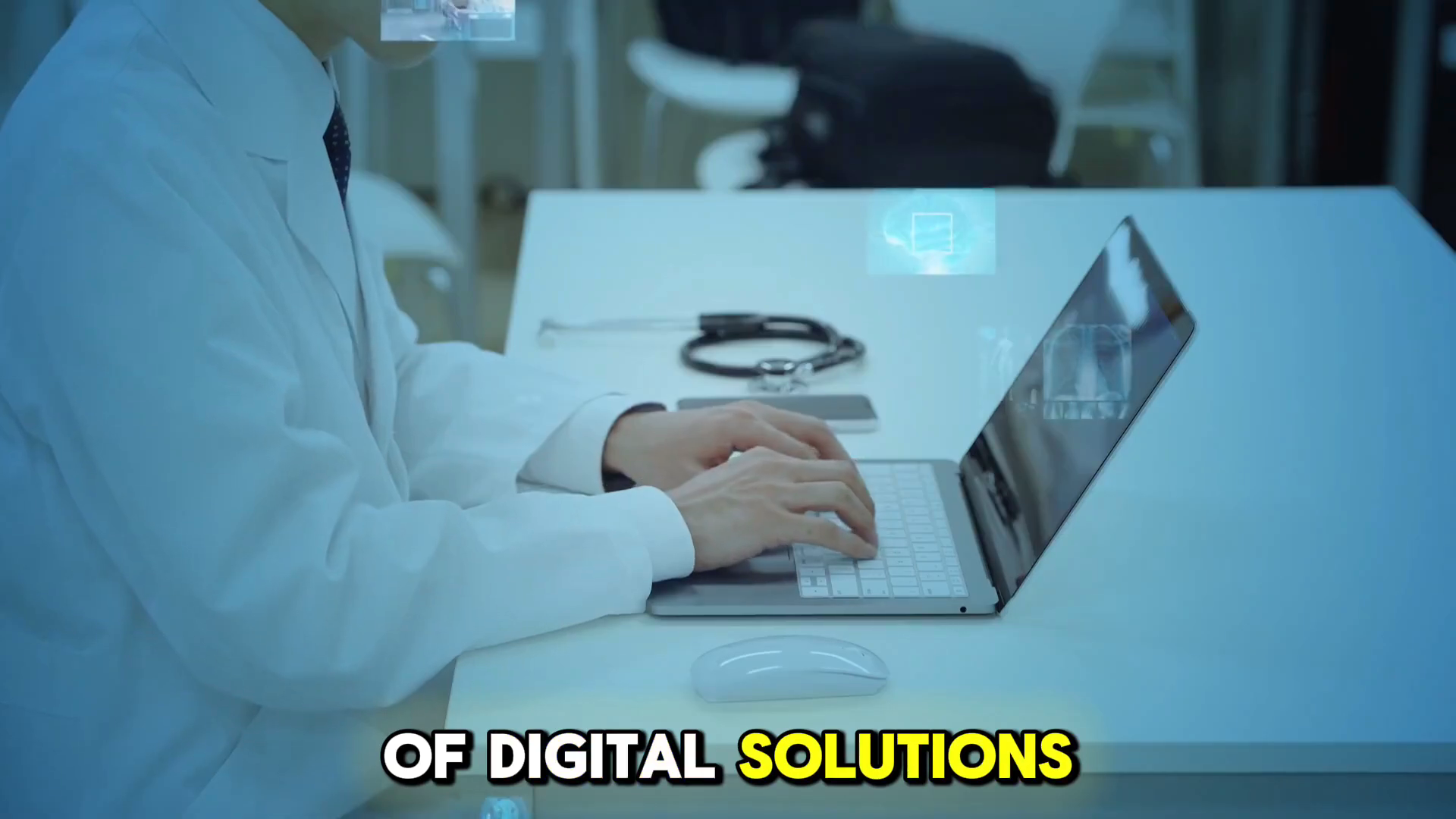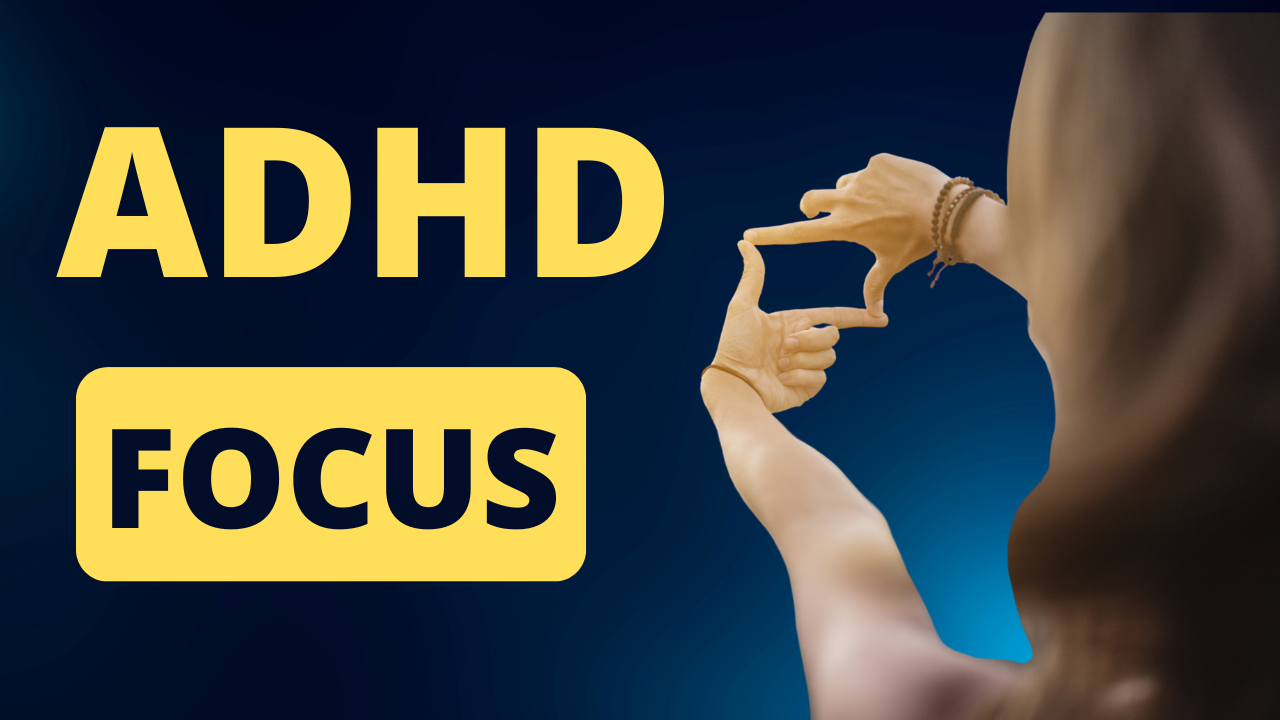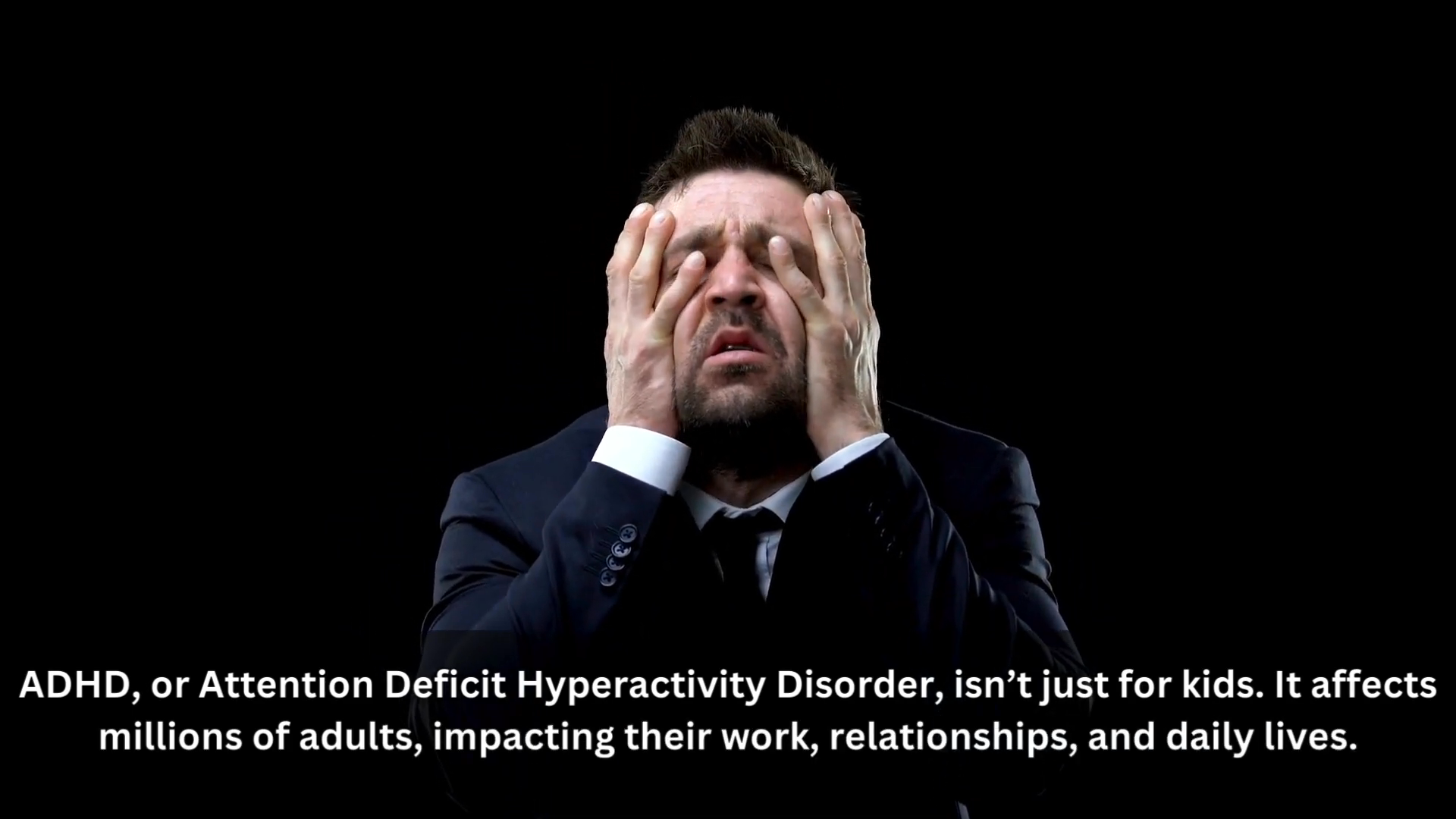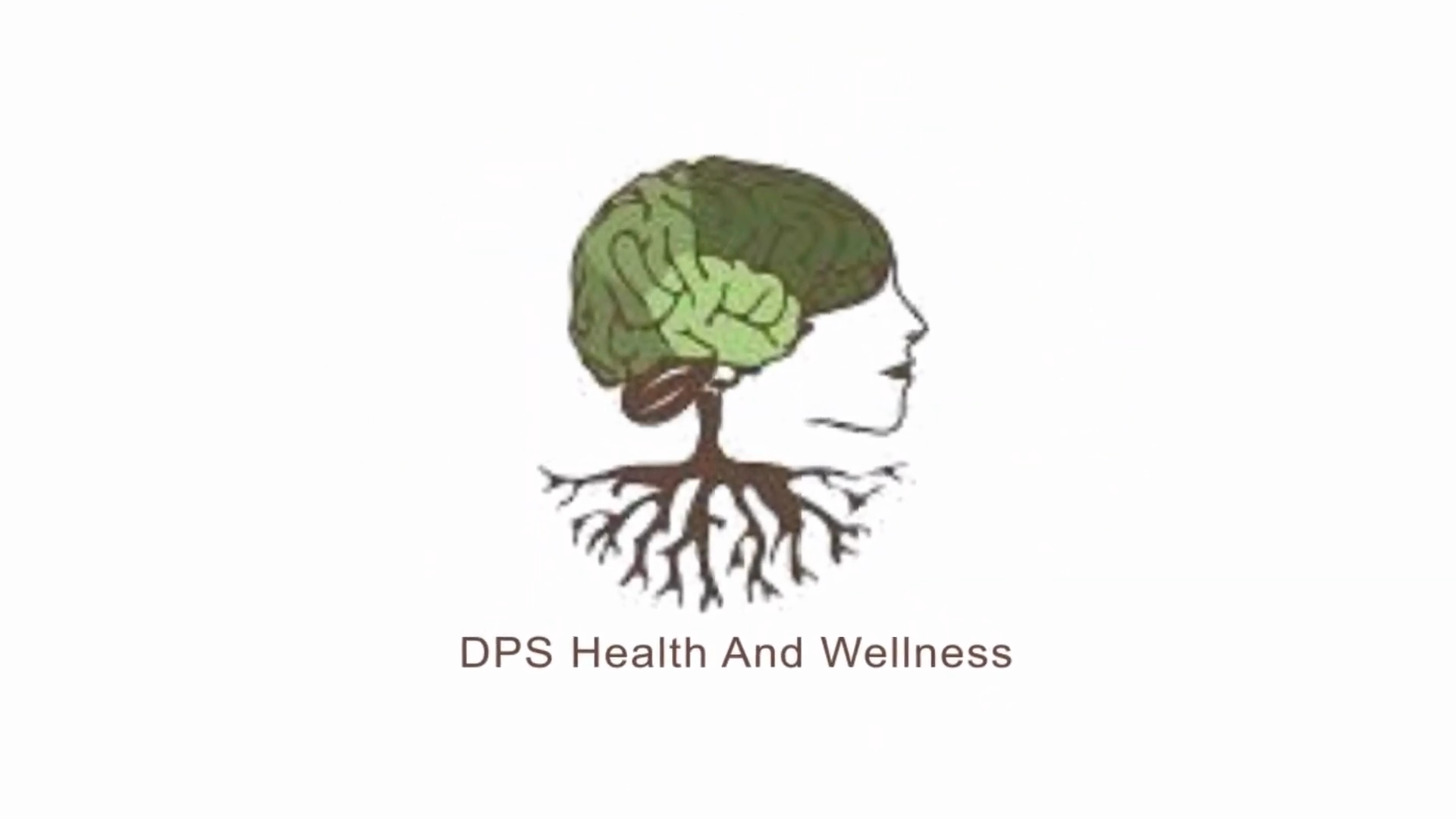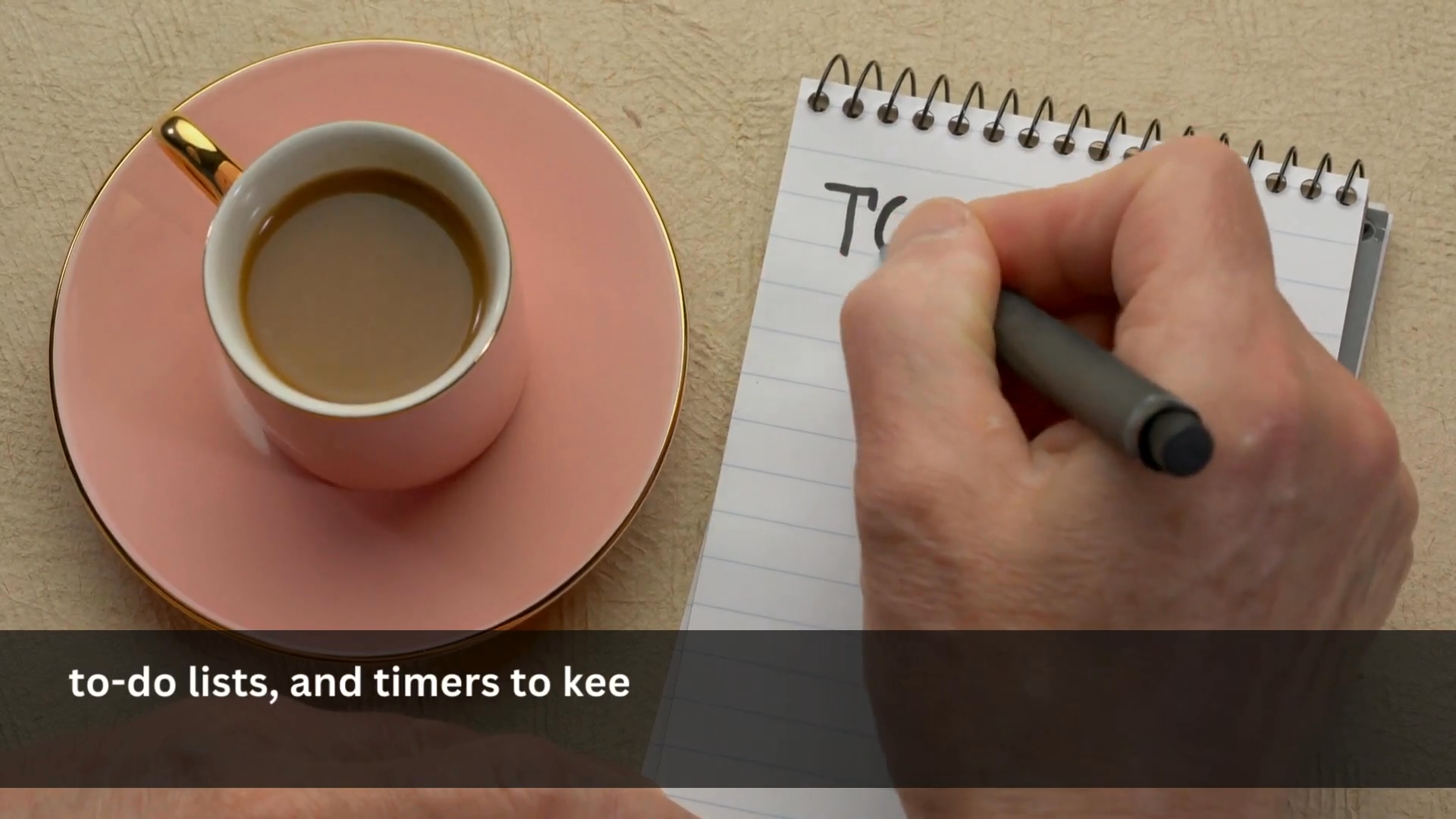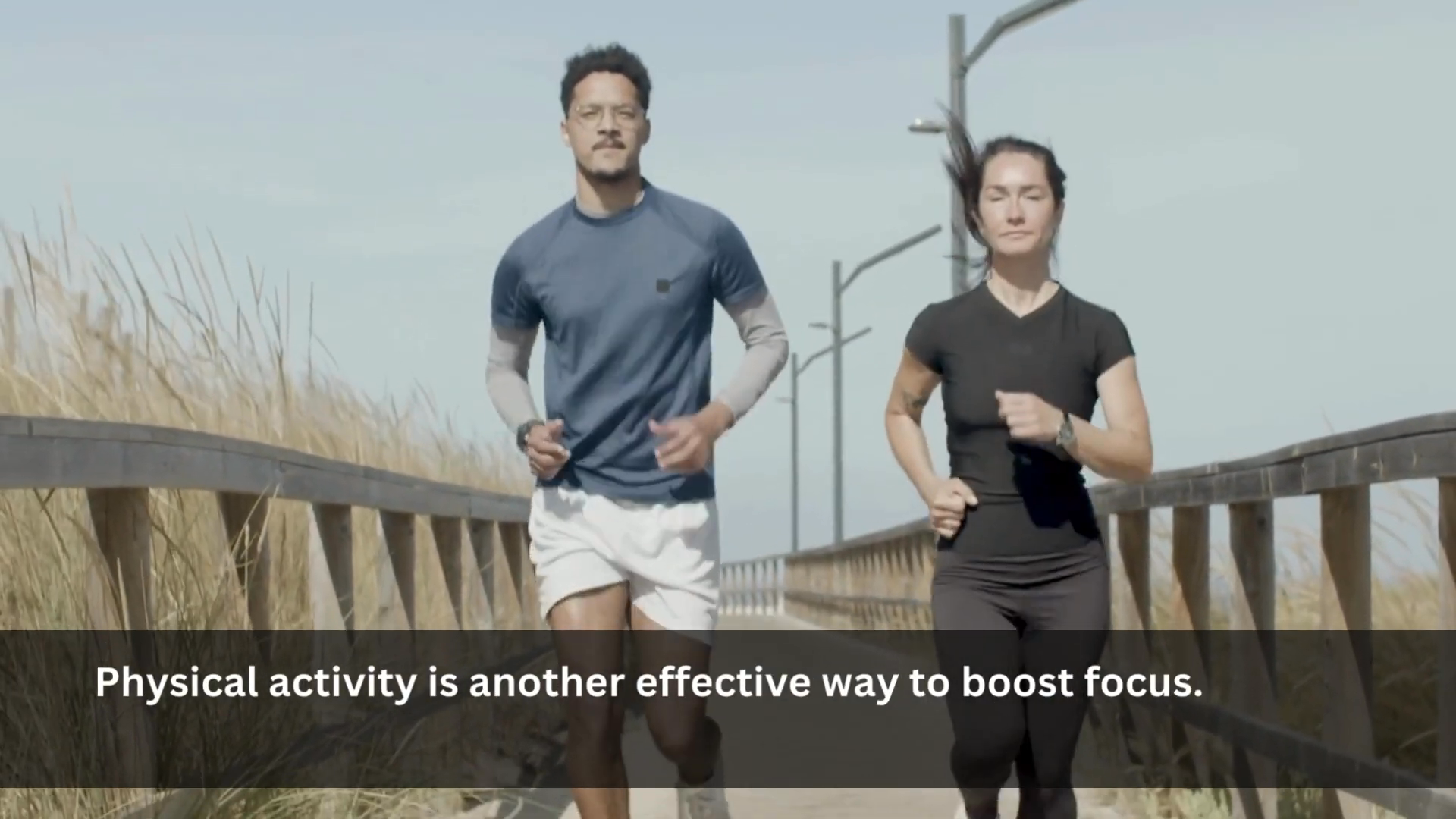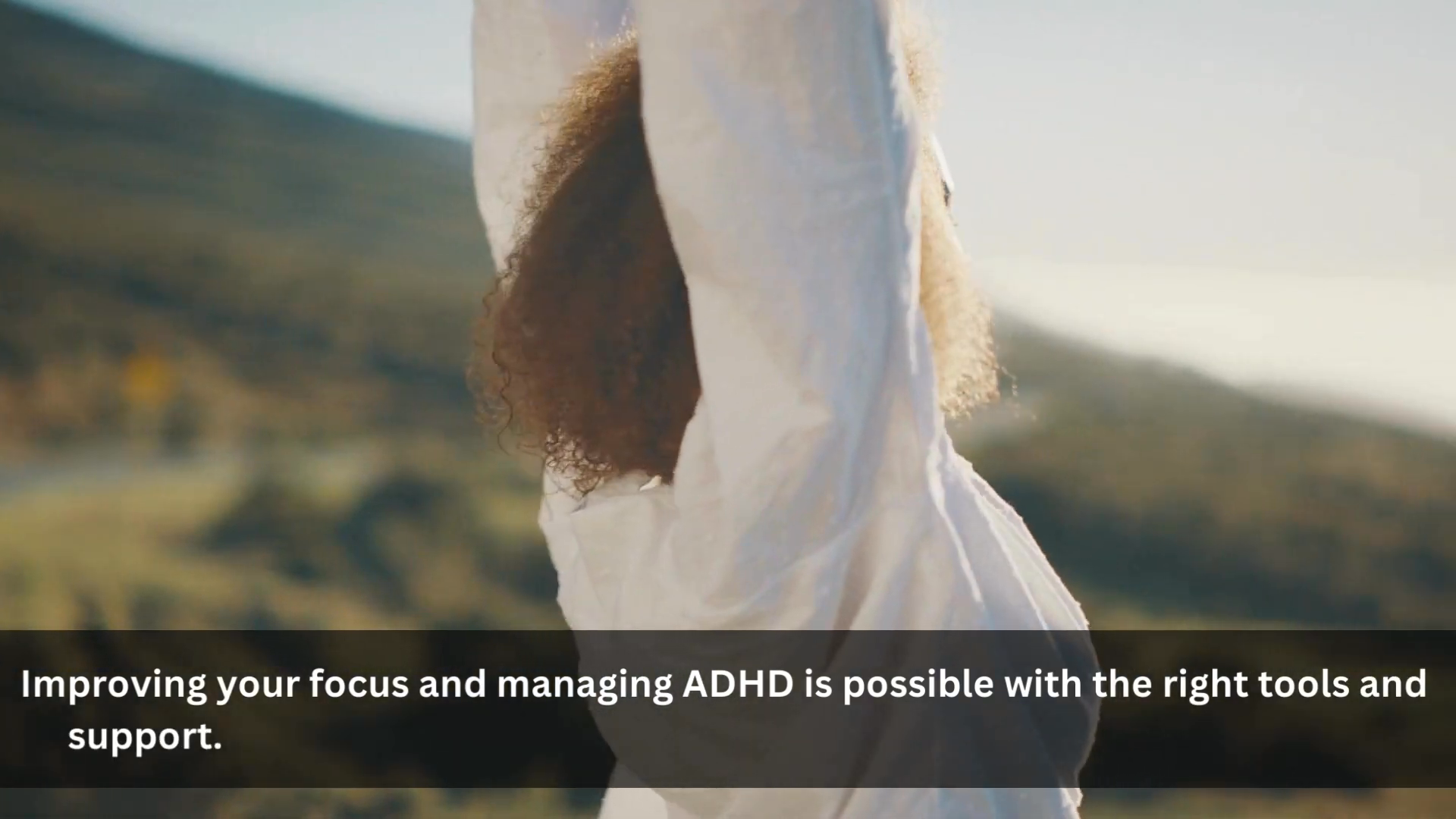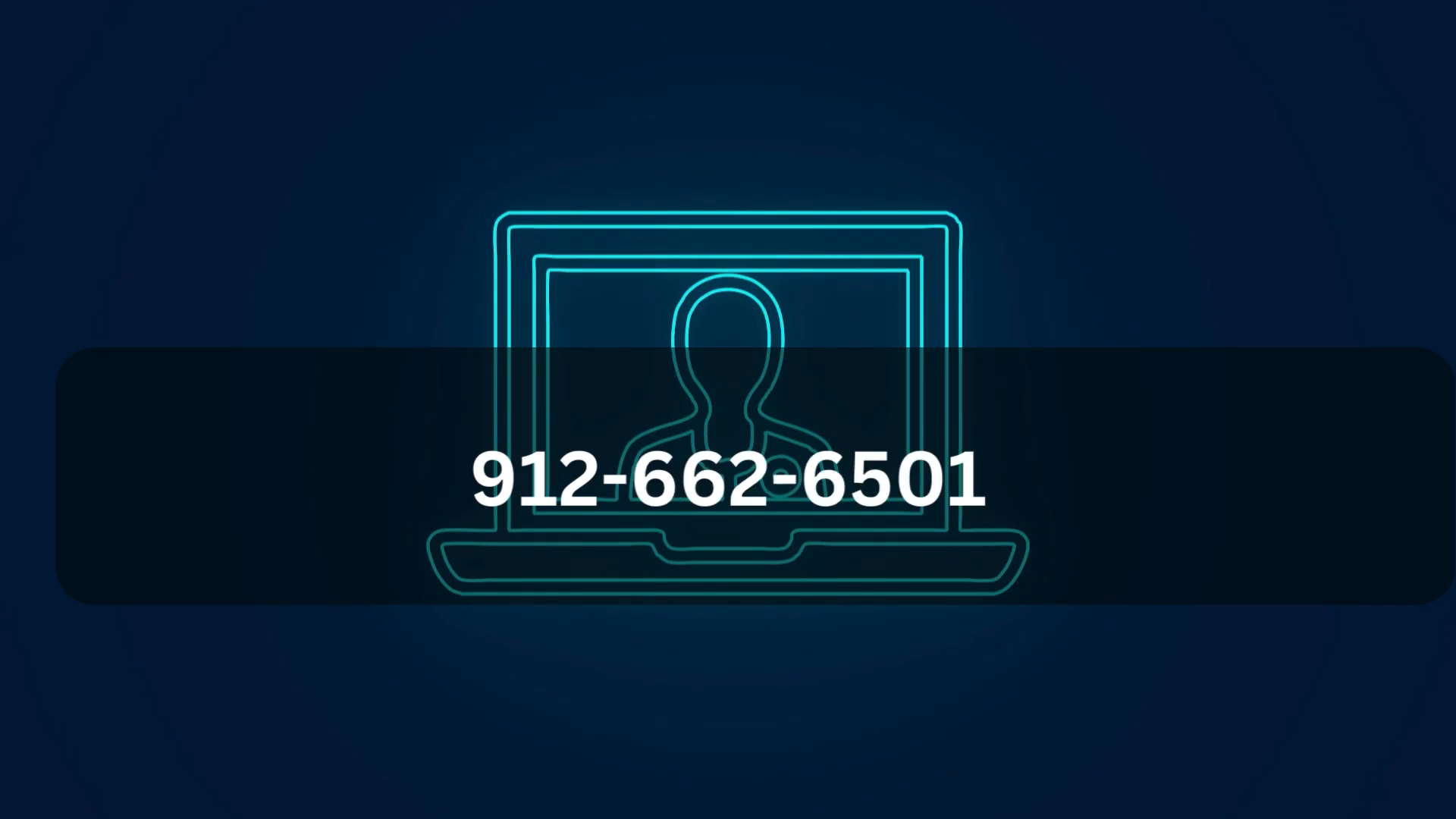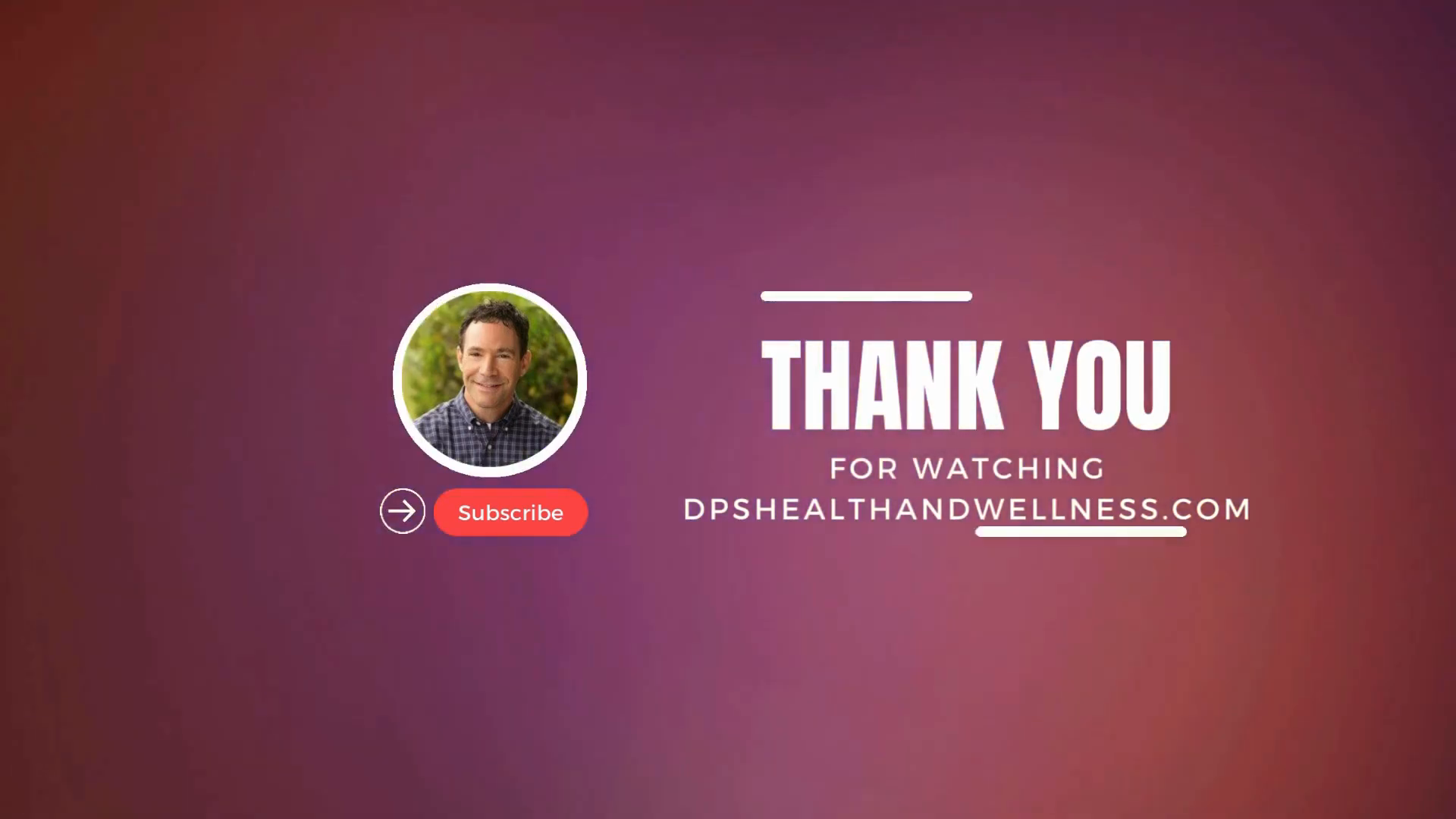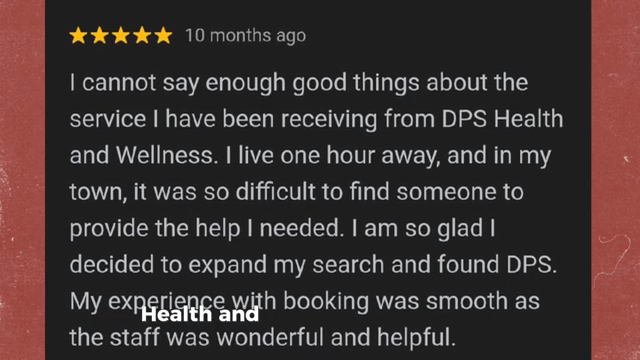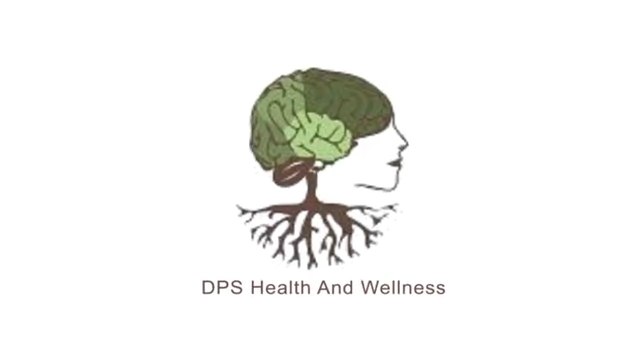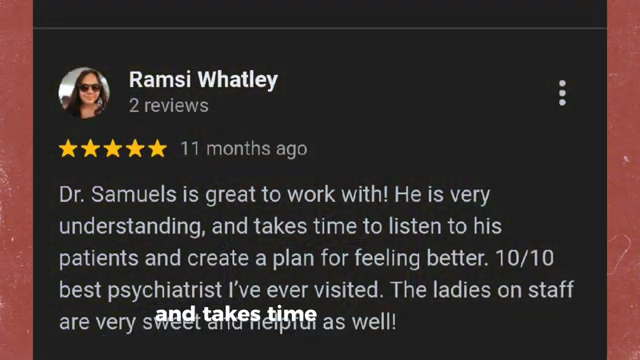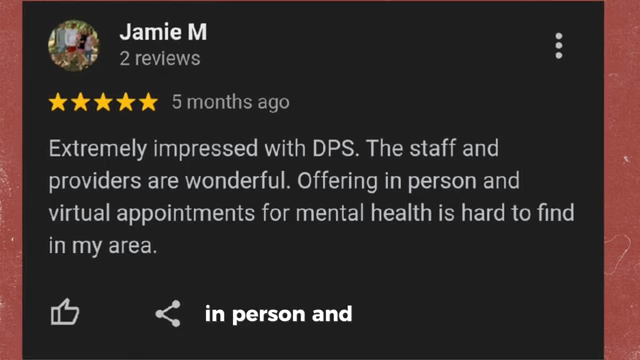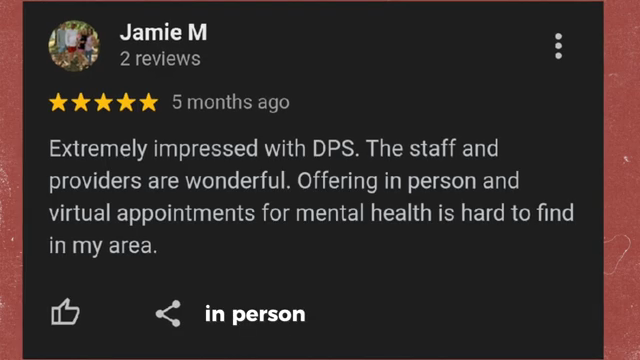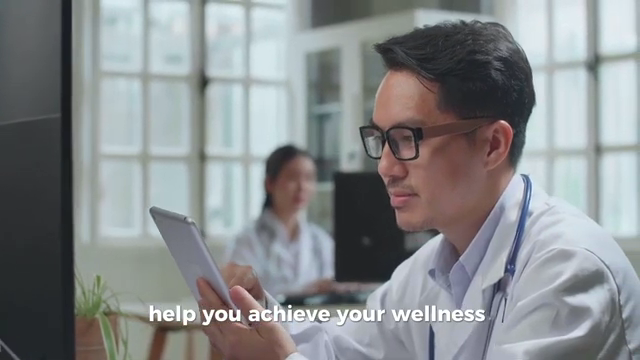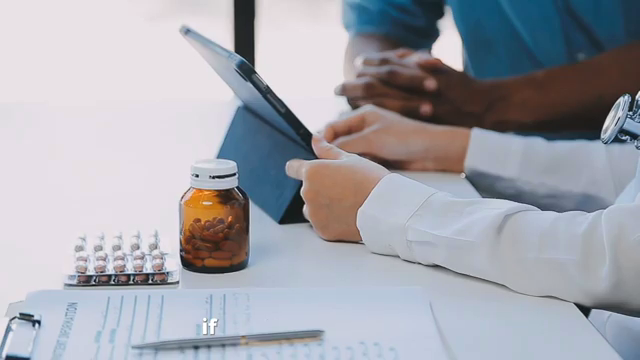Hidden depression presents a unique challenge in mental health – it’s a form of depression that often goes unnoticed because those experiencing it appear to function normally in their daily lives. Unlike typical depression where symptoms are more visible, people with hidden depression maintain an outward appearance of happiness and success while battling internal struggles.
The term “smiling depression” or “concealed depression” stems from the person’s ability to mask their emotional pain behind a facade of wellness. You might see someone who seems to have everything together – a successful career, active social life, and apparent happiness – yet they’re silently fighting an intense internal battle.
Key characteristics of hidden depression include:
- Maintaining high-functioning daily routines
- Presenting a happy, positive image to others
- Meeting social and work obligations consistently
- Experiencing internal emotional turmoil
- Struggling with self-worth despite outward success
Recognizing hidden depression early can prevent its progression into more severe mental health issues. If you notice subtle changes in yourself or loved ones, reaching out for professional support through services like DPS Health and Wellness can provide crucial intervention before symptoms worsen. It’s important to understand that therapy can illuminate the path out of depression, offering tools and strategies to manage these hidden struggles effectively.
1. Hiding True Feelings Behind a Smile
People with hidden depression often appear happy on the outside, even though they are struggling inside. Here are some signs you might notice:
- They constantly post positive updates on social media
- They always seem to be the life of the party
- They offer emotional support to others but neglect their own self-care
- They use humor or lighthearted comments to avoid discussing personal problems
This habit of hiding emotions creates a harmful cycle of forced positivity where individuals:
- Suppress negative feelings
- Feel guilty for being sad
- Force themselves to act happy
- Become emotionally drained
The constant need to show a perfect image puts a strain on relationships and makes it difficult for individuals to understand their own feelings. Friends and family may struggle to see the signs of someone who is expertly hiding their pain behind a smile. This disconnect can lead to:
- Difficulty in asking for help
- Increased feelings of loneliness
- Misunderstanding from loved ones
- Deep emotional exhaustion
As individuals become better at hiding their true feelings, the gap between how others perceive them and how they actually feel widens, making it harder for them to break free from this protective but harmful pattern.
In such situations, seeking professional help becomes crucial. Using telemedicine platforms for psychiatrists can provide a convenient and effective way to access mental health support, breaking down barriers that often prevent individuals from seeking the help they need.
2. Experiencing Persistent Fatigue Despite Rest
Hidden depression drains your energy in ways regular rest can’t fix. You might sleep for 8-10 hours yet wake up feeling exhausted, dragging yourself through daily tasks with minimal energy. This bone-deep fatigue differs from normal tiredness – it’s a constant companion that weighs you down physically and mentally.
Your brain works overtime processing suppressed emotions, creating a cycle of mental and physical exhaustion. Common signs include:
- Feeling drained after simple activities like grocery shopping
- Needing frequent naps throughout the day
- Struggling to concentrate on basic tasks, which may resemble symptoms of ADHD
- Physical symptoms like heavy limbs and muscle weakness
The fatigue stems from both emotional labor and biological changes:
Emotional Causes:
- Constant effort to maintain a “normal” appearance
- Mental energy spent hiding true feelings
- Ongoing internal stress response
Physical Impact:
- Disrupted sleep-wake cycles
- Altered stress hormone production
- Compromised immune system function
This persistent exhaustion often leads people to withdraw from activities, creating a self-reinforcing cycle that deepens depressive symptoms. However, it’s essential to recognize that there are strategies available to boost productivity and manage these overwhelming feelings.
3. Changes in Sleep Patterns That Go Unnoticed
Sleep disturbances in hidden depression manifest differently from typical sleep issues. You might find yourself lying awake for hours, mind racing with thoughts you can’t share with others. These sleepless nights often go unnoticed as you maintain your daily routines without complaint.
Common sleep pattern changes include:
- Difficulty falling asleep despite physical exhaustion
- Waking up multiple times throughout the night
- Sleeping excessively (hypersomnia) as an escape mechanism
- Early morning awakening with inability to return to sleep
These disruptions differ from regular fatigue – they persist regardless of good sleep hygiene practices or lifestyle adjustments. While others might notice you looking tired, they rarely recognize these changes as potential signs of concealed depression.
Your sleep schedule might swing between extremes: spending entire weekends in bed or surviving on minimal sleep during workweeks. These fluctuations often mask themselves behind busy schedules or work commitments, making them easy to dismiss or rationalize away.
4. Fluctuations in Appetite and Weight Without Explanation
Hidden depression often shows up as unexpected changes in how much you eat and fluctuations in your weight. Here are some signs to look out for:
- Sudden loss of interest in food, leading to skipped meals
- Intense cravings for comfort foods, particularly carbohydrates
- Eating in secret or developing irregular meal schedules
- Unexplained weight gain or loss of 5-10 pounds or more
The way your brain regulates mood also affects how hungry you feel. When you’re dealing with hidden depression, the stress hormones in your body can mess with:
- The signals that tell you when you’re hungry
- How fast your body burns calories
- How well your digestive system works
- Your overall relationship with food
These physical changes create a cycle where emotional distress affects eating habits, which then impacts mood. Some people lose their appetite completely, while others turn to food for emotional comfort. The weight changes become a physical marker of internal struggles, yet many dismiss these fluctuations as stress-related or attribute them to lifestyle changes rather than recognizing them as potential signs of hidden depression.
Interestingly, the regulation of appetite and mood is closely tied to serotonin levels in the brain. Serotonin, often referred to as the “feel-good” neurotransmitter, plays a crucial role in managing our feelings of hunger and satiety. When experiencing hidden depression, serotonin levels can drop, leading to increased cravings for certain foods or a complete loss of appetite.
5. Withdrawal from Social Activities or Overcompensating Socially
Hidden depression can show up in two different social patterns that may seem contradictory. Some people withdraw and isolate themselves, slowly turning down invitations and spending less time with friends and family. They come up with reasons like being “too busy” or “tired” to avoid socializing.
This withdrawal can sometimes lead to sexual anorexia, a condition where someone avoids sexual intimacy because of emotional distress.
On the other hand, some individuals exhibit the opposite behavior by becoming overly active in social situations. These people might:
- Fill their schedule with too many social commitments
- Organize multiple events or gatherings
- Maintain an unusually active presence on social media
- Take on leadership roles in various groups
Both of these patterns serve as defense mechanisms. Withdrawing from social activities creates a protective barrier where one doesn’t have to pretend to be happy. On the other hand, overcompensating socially acts as a distraction, preventing individuals from facing their inner struggles.
In certain cases, this overcompensation can lead to unhealthy behaviors such as compulsive masturbation, which is an ineffective way of coping with emotional pain.
Identifying this social masking can be particularly difficult when it comes to naturally introverted or extroverted individuals. An outgoing person may use increased social activity as a way to hide their depression, while an introvert’s withdrawal might be dismissed as normal behavior.
These changes in behavior often go unnoticed by others because they happen gradually and can be explained away as typical lifestyle adjustments or personality traits.
6. Decline or Spike in Productivity Levels
Hidden depression can create dramatic shifts in work performance and productivity patterns. You might notice yourself swinging between two extremes:
Productivity Decline Signs:
- Missing deadlines you typically meet
- Struggling to start basic tasks
- Leaving projects unfinished
- Finding it hard to focus during meetings
- Making unusual mistakes in routine work
Overworking Behaviors:
- Working excessive hours without breaks
- Taking on extra projects unnecessarily
- Using work to avoid personal life
- Pushing through exhaustion
- Refusing to take time off
These productivity changes often pair with cognitive difficulties. Your memory might become unreliable – forgetting important dates, misplacing items, or blanking during conversations. Concentration issues can make simple tasks feel overwhelming, leading to a buildup of unfinished work.
The Pomodoro Technique can help manage these productivity swings. Breaking work into 25-minute focused sessions with short breaks helps maintain steady output while preventing burnout. This structured approach provides a middle ground between overwork and task avoidance.
7. Increased Irritability and Mood Swings
Hidden depression manifests differently in men, often replacing sadness with heightened irritability and unexpected mood shifts. You might notice:
- Quick-trigger anger responses to minor inconveniences
- Sudden outbursts followed by periods of withdrawal
- Difficulty controlling emotional reactions in routine situations
These mood fluctuations can escalate into physical symptoms:
- Muscle tension and headaches
- Racing heartbeat during panic episodes
- Unexplained sweating or trembling
Men experiencing hidden depression frequently report feeling “on edge” or describe themselves as having a “short fuse.” These reactions stem from internal emotional pressure building up without healthy release channels.
Crying spells might occur in private moments, catching you off guard during seemingly unrelated activities like watching TV or driving. The unpredictability of these emotional waves creates additional stress, leading to:
- Increased workplace conflicts
- Strained personal relationships
- Physical exhaustion from emotional volatility
Your body sends these signals as distress calls, highlighting the need to acknowledge and address underlying emotional struggles. It’s important to note that these mood swings and irritability can sometimes be mistaken for anxiety disorders or panic attacks, which may require professional intervention for effective management.
8. Substance Use Changes That Impact Everyday Life
Hidden depression often drives individuals to seek relief through increased substance use. You might notice subtle changes in your drinking patterns – having “just one more” drink to unwind becomes a nightly ritual. This self-medication extends beyond alcohol to include:
- Increased reliance on prescription medications
- Higher caffeine consumption to combat fatigue
- Using sleeping aids more frequently
- Turning to recreational substances
These substance use changes create a dangerous cycle. The temporary relief masks underlying emotional pain while creating new health challenges:
Impact on Daily Life:
- Decreased work performance
- Strained personal relationships
- Compromised decision-making
- Physical health deterioration
- Financial strain from increased spending
The combination of hidden depression and substance use creates a complex web of symptoms. Your loved ones might notice behavioral changes but attribute them to stress or lifestyle choices rather than recognizing them as signs of underlying depression.
Regular substance use to manage emotions can lead to dependency, making it harder to recognize and address the root cause of depression. These patterns often intensify feelings of isolation and shame, deepening the cycle of concealment.
However, it’s important to remember that help is available. Seeking professional assistance from a licensed counselor in Statesboro, Georgia or a psychiatrist in Milledgeville can provide the necessary support and guidance. Additionally, accessing virtual mental health patient portals can make it easier to reach out for help. If you’re located in Savannah, GA, and in need of psychiatric evaluations, there are resources available for Savannah GA psychiatric evaluations that can assist you further.
9. Gradually Giving Up Important Hobbies or Causes
People with hidden depression often experience a subtle disconnection from activities that once brought them joy. You might notice yourself:
- Skipping your weekly art classes
- Letting your guitar collect dust
- Making excuses to avoid team sports
- Neglecting your garden
This gradual withdrawal, known as anhedonia, creates a ripple effect on personal identity. Your cherished hobbies shape who you are – the photographer, the volunteer, the athlete. When these pieces slip away, your sense of self begins to blur.
The pattern typically starts small. You miss one book club meeting, then another. Your running shoes stay untouched for weeks. These seemingly minor changes signal a deeper struggle with motivation and pleasure response, which can sometimes overlap with issues like procrastination.
The impact reaches beyond lost pastimes. Each abandoned hobby represents lost connections, reduced skill development, and diminished opportunities for natural mood elevation. Your brain’s reward system becomes less responsive, making it harder to find enjoyment in any activity.
10. Experiencing Physical Symptoms Like Pain or Gastrointestinal Issues
Hidden depression can manifest through physical symptoms that many people don’t associate with mental health. Your body may be trying to signal that something is wrong through:
-
Chronic Pain
- Unexplained headaches
- Persistent muscle tension
- Back pain without any injury
- Joint discomfort
-
- Frequent stomach upset
- Changes in bowel habits
- Nausea or loss of appetite
- Unexplained weight fluctuations
The connection between the mind and body is crucial in understanding these physical signs. When someone has hidden depression, their nervous system stays in a constant state of stress, leading to inflammation and physical discomfort. This creates a cycle where physical pain worsens depressive feelings, which in turn intensifies bodily symptoms.
Research indicates that up to 70% of individuals with depression report physical symptoms as their main concern when seeking medical help. This suggests that the body might be trying to communicate emotional distress through physical signs, highlighting the importance of considering mental health when looking into unexplained bodily issues. It’s important to recognize that stress can have significant effects on the body, further complicating these symptoms.
Solutions for Hidden Depression
It’s essential to know that there are solutions available for those dealing with hidden depression:
- Savannah mental health care facilities offer specialized services to address such issues.
- Teletherapy for ADHD can assist individuals dealing with ADHD-related stressors that may worsen these physical symptoms.
- Telepsychiatry provides convenient access to psychiatric care, which can be beneficial for those experiencing hidden depression.
- Statesboro anxiety workshops and events can equip individuals with tools to manage anxiety often associated with depression.
- The rise of telehealth for ADHD has made it easier for individuals to access necessary mental health resources from home.
11. Using Language That Reflects Negative Outlooks and Absolutist Thinking
Language patterns serve as subtle indicators of hidden depression, revealing internal struggles through specific word choices and speech habits. People experiencing concealed depression often use absolutist terms like “never,” “always,” or “completely” when describing their experiences or self-worth.
Common language patterns include:
- Excessive self-referential words (“I,” “me,” “my”)
- Black-and-white statements (“Everything is terrible”)
- Negative self-descriptions (“I’m worthless,” “I can’t do anything right”)
The shift in speech often appears gradual, making it challenging for others to notice. Research shows individuals with hidden depression tend to use more:
- Past-tense verbs
- First-person singular pronouns
- Words related to negative emotions
These linguistic changes reflect deeper cognitive patterns where thoughts become rigid and self-focused. A person might say “I always mess things up” instead of acknowledging partial successes, or use phrases like “Nobody understands” rather than expressing specific concerns about certain relationships.
Digital communication patterns also reveal these tendencies through increased negative emojis, shorter messages, or delayed responses – subtle signs of underlying emotional distress.
Interestingly, such language usage can be analyzed for better understanding. For instance, absolutist terms can indicate a person’s mental state, while the frequency of certain grammatical structures might reveal their emotional health. In such scenarios, adopting strategies like the Pomodoro Technique can help manage attention and improve focus, potentially alleviating some of the overwhelming feelings that contribute to these negative language patterns.
Supporting Someone With Hidden Depression
Supporting a loved one with hidden depression requires a delicate balance of compassion and respect for their boundaries. Creating a safe, judgment-free space allows them to express their authentic feelings without fear of criticism or dismissal.
Practical ways to offer support:
- Listen without trying to fix their problems
- Validate their feelings with phrases like “That sounds really difficult”
- Send regular check-in texts to maintain connection
- Invite them for gentle activities like walks or coffee dates
- Help research local therapy options or support groups
- Assist with daily tasks when they’re struggling
- Learn about depression to better understand their experience
Creating a trusting environment:
- Maintain confidentiality about their struggles
- Avoid giving unsolicited advice
- Stay patient with their healing process
- Express genuine care through consistent presence
- Respect their boundaries and need for space
Remember that supporting someone with hidden depression isn’t about forcing them to “get better” or “cheer up.” Your role is to provide steady, reliable support while encouraging professional help when they’re ready.
Treatment Options and Importance of Professional Help
Professional treatment can make a significant difference in managing hidden depression. Research shows that a combination of psychotherapy and medication often yields the best results.
Effective treatment approaches for hidden depression include:
- Cognitive Behavioral Therapy (CBT) – Helps identify negative thought patterns and develop coping strategies
- Interpersonal Therapy – Focuses on improving relationships and communication skills
- Antidepressant medications – Can help balance brain chemistry and reduce symptoms
For those also dealing with adult ADHD, or anxiety, these treatment options can be adapted to address those issues as well.
Early intervention is crucial – the sooner you seek help, the better your chances of recovery. At DPS Health and Wellness, Dr. David Samuels provides personalized treatment plans tailored to your specific needs.
Signs it’s time to seek professional help:
- Your symptoms persist for more than two weeks
- Daily activities become increasingly difficult
- You’re having thoughts of self-harm
- Your relationships or work performance suffer
Remember: Hidden depression is treatable. You can schedule an appointment at our Savannah or Statesboro locations, with flexible hours Monday through Thursday. We also offer teletherapy options for those who prefer virtual consultations.
Don’t wait until your symptoms worsen – reach out for professional support today. It’s important to remember that exploring treatment options for major depressive disorder early on can significantly enhance recovery outcomes.

